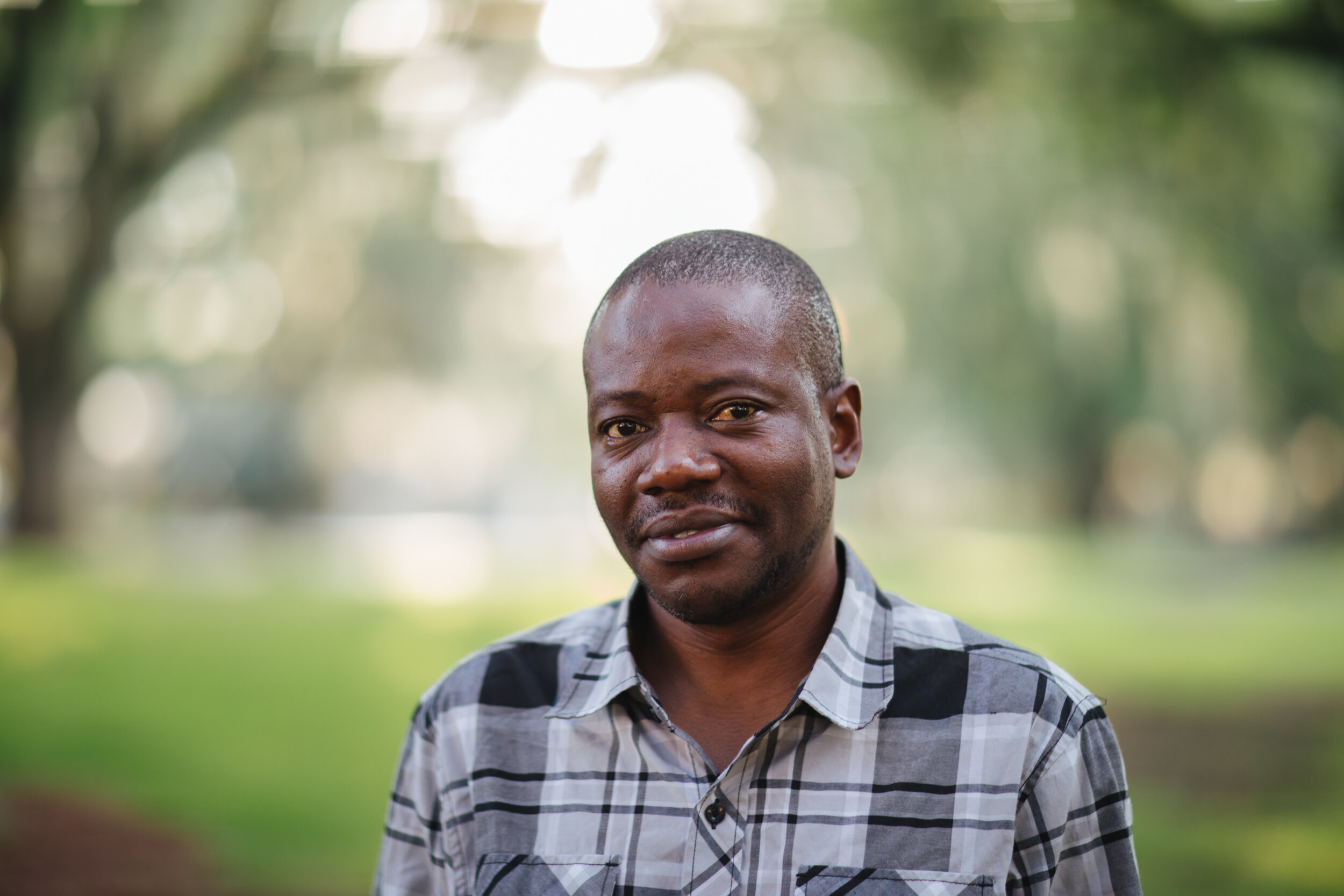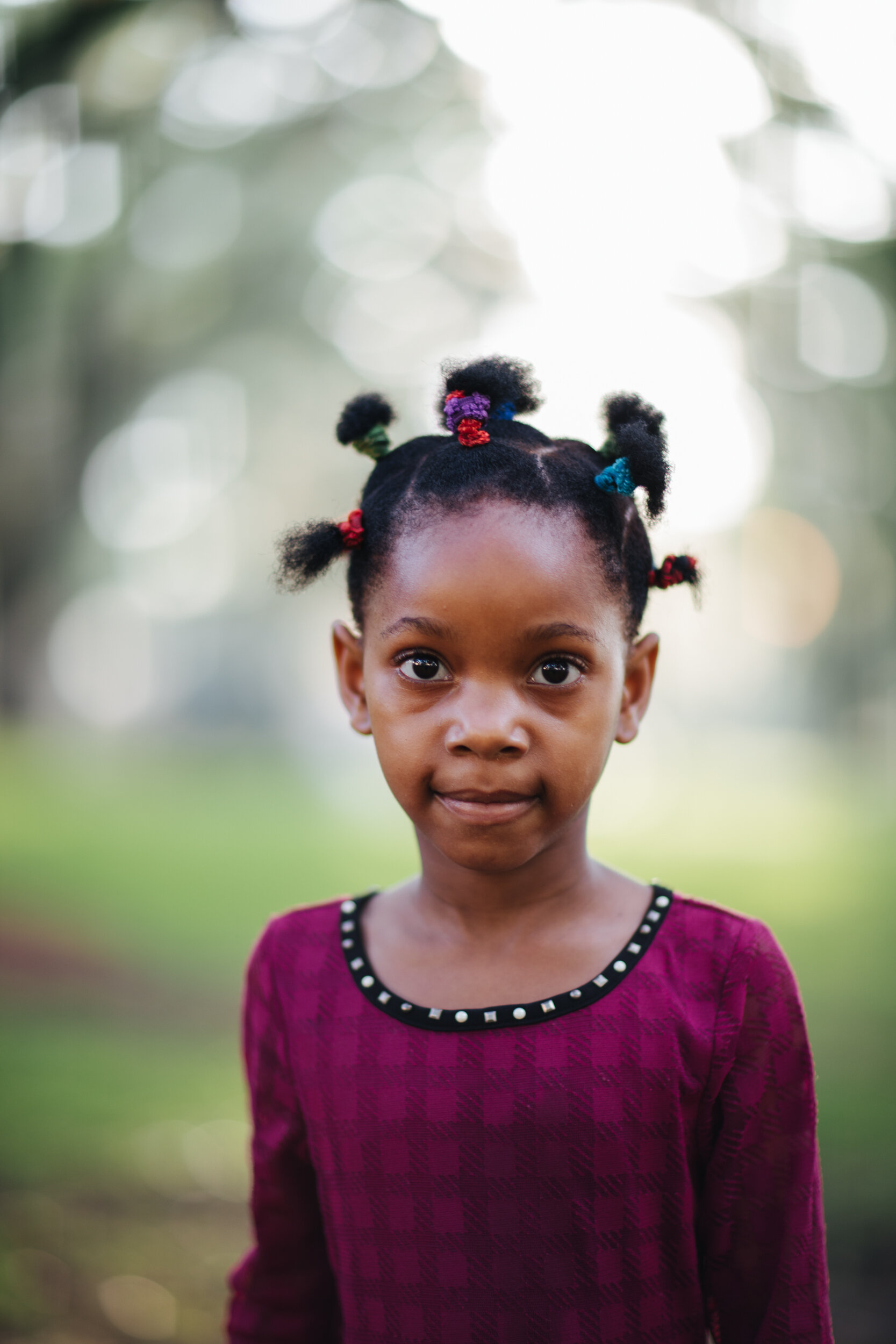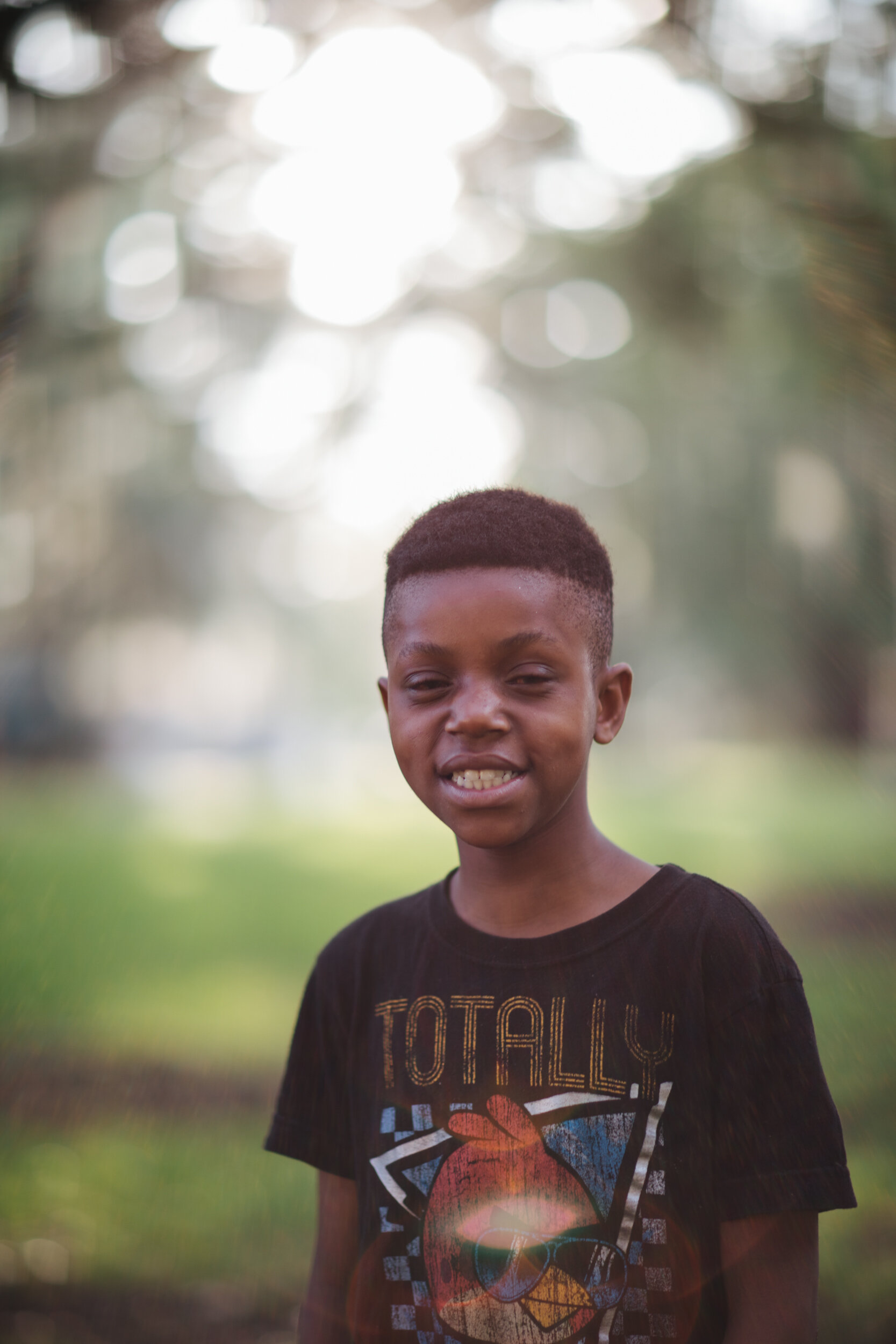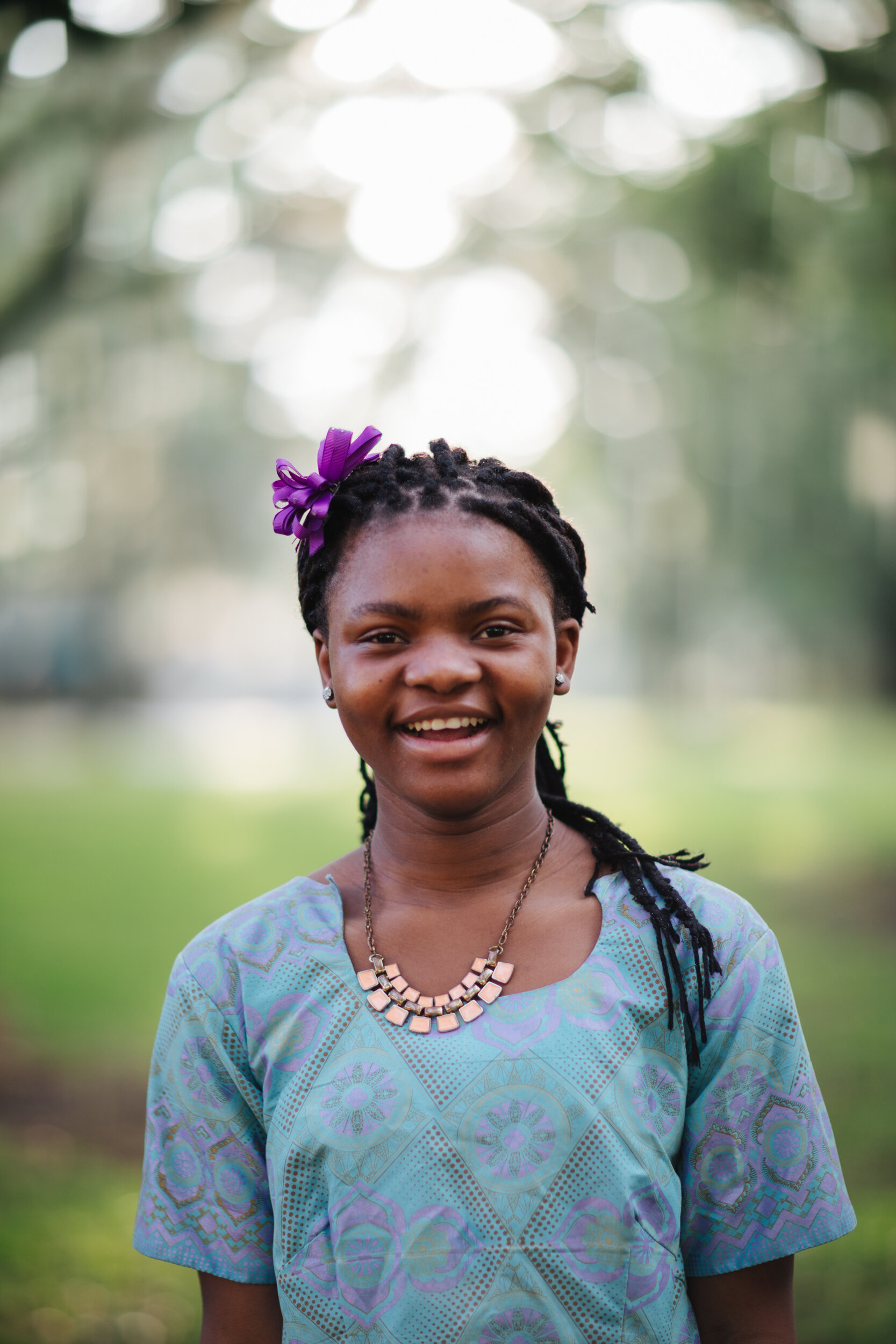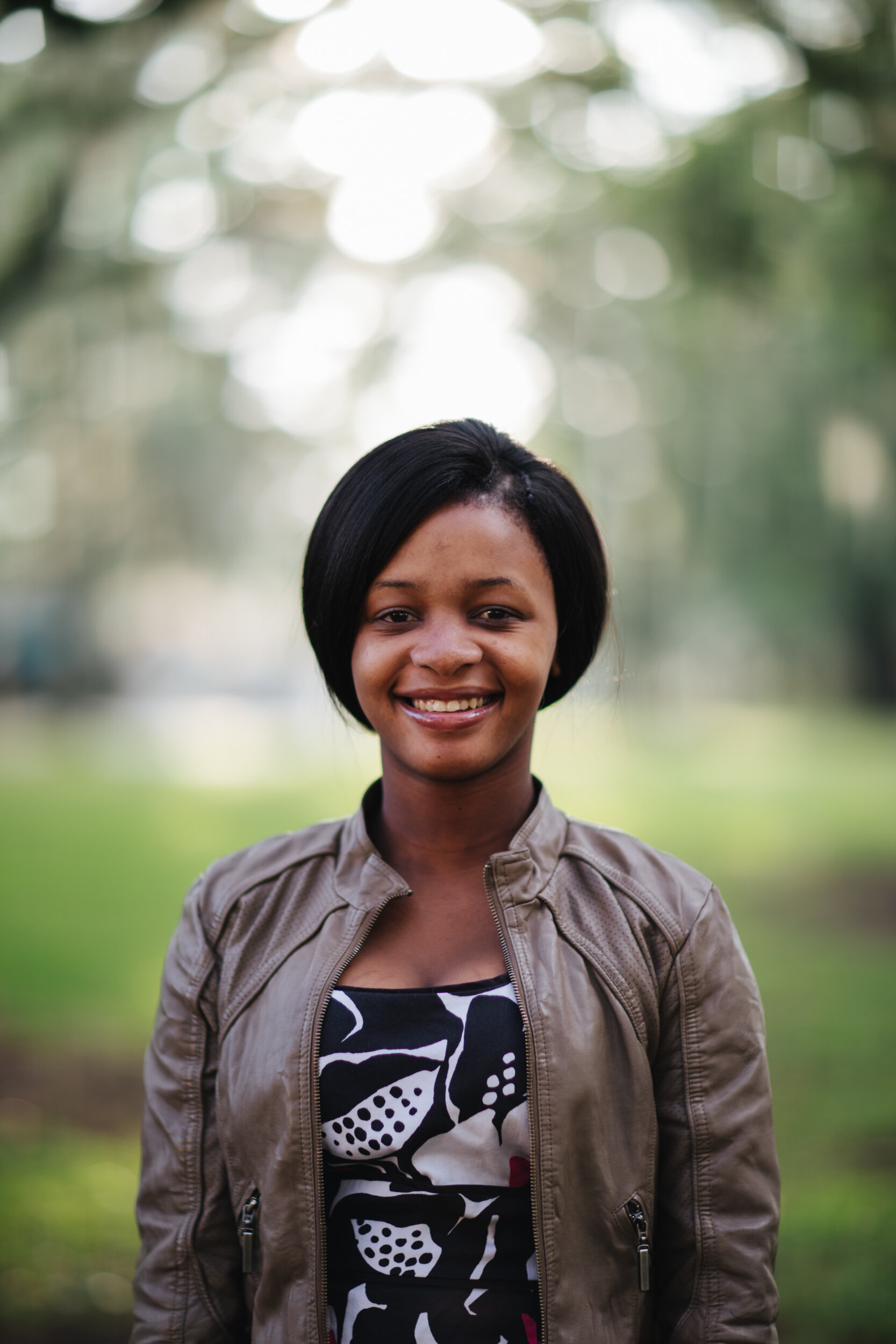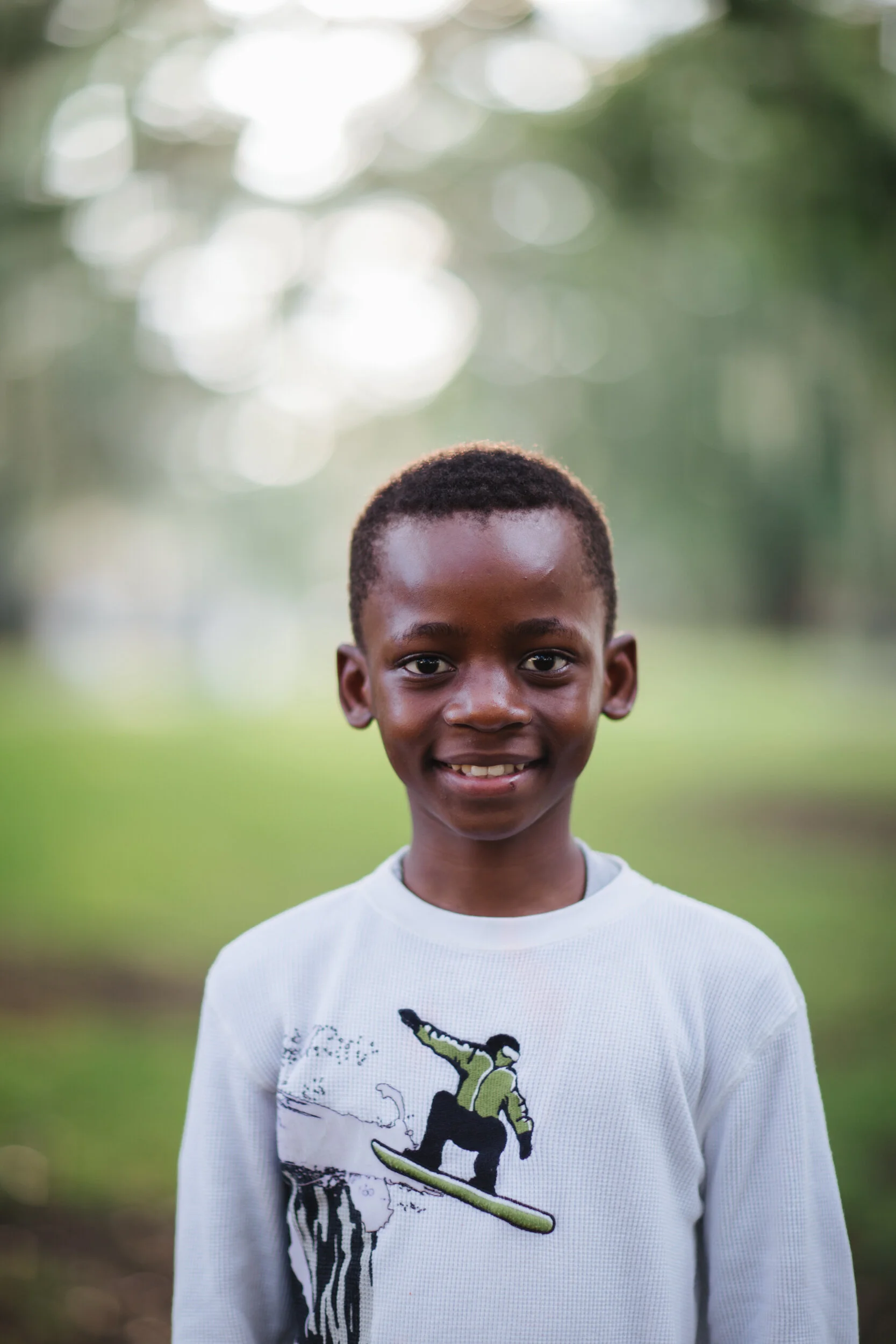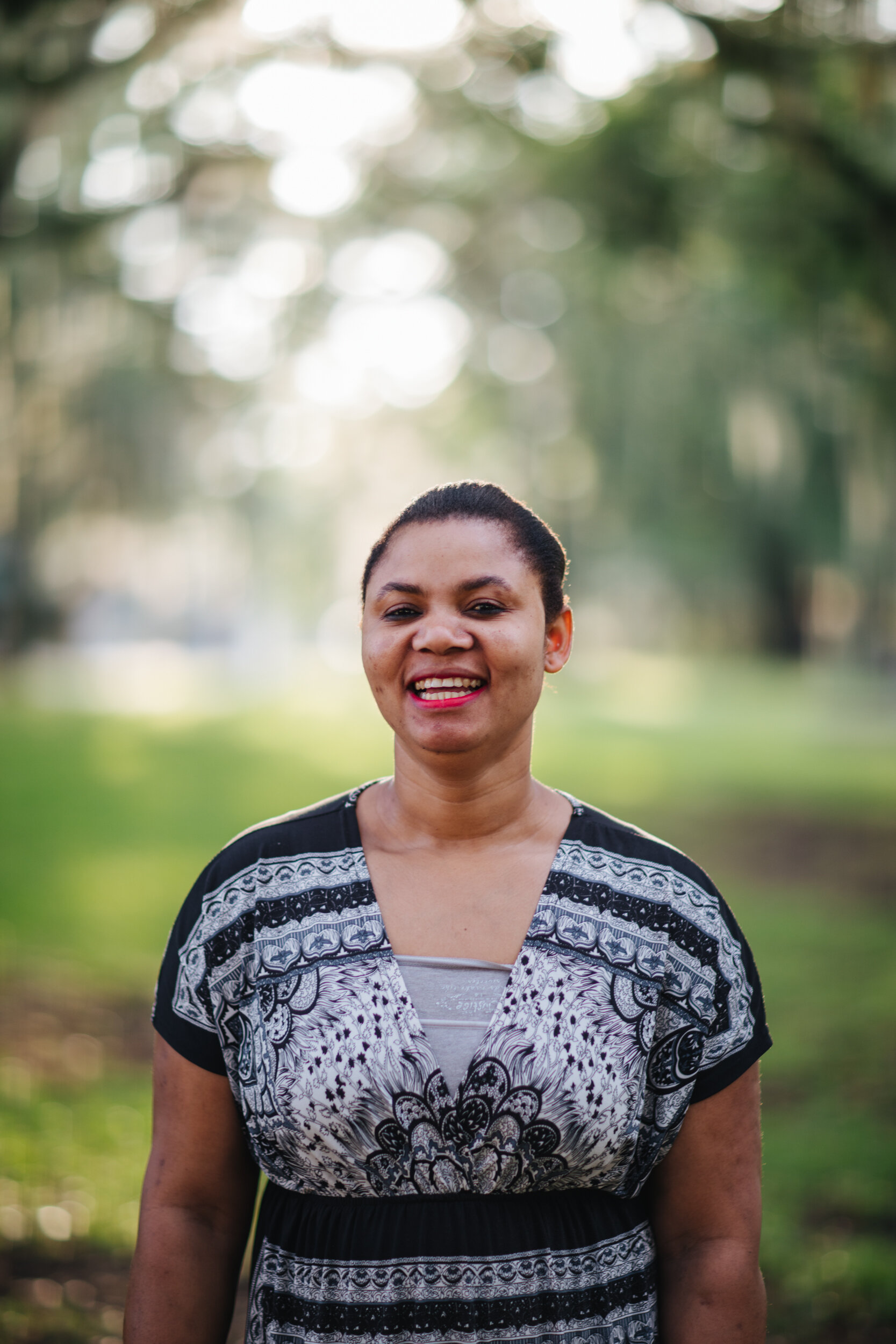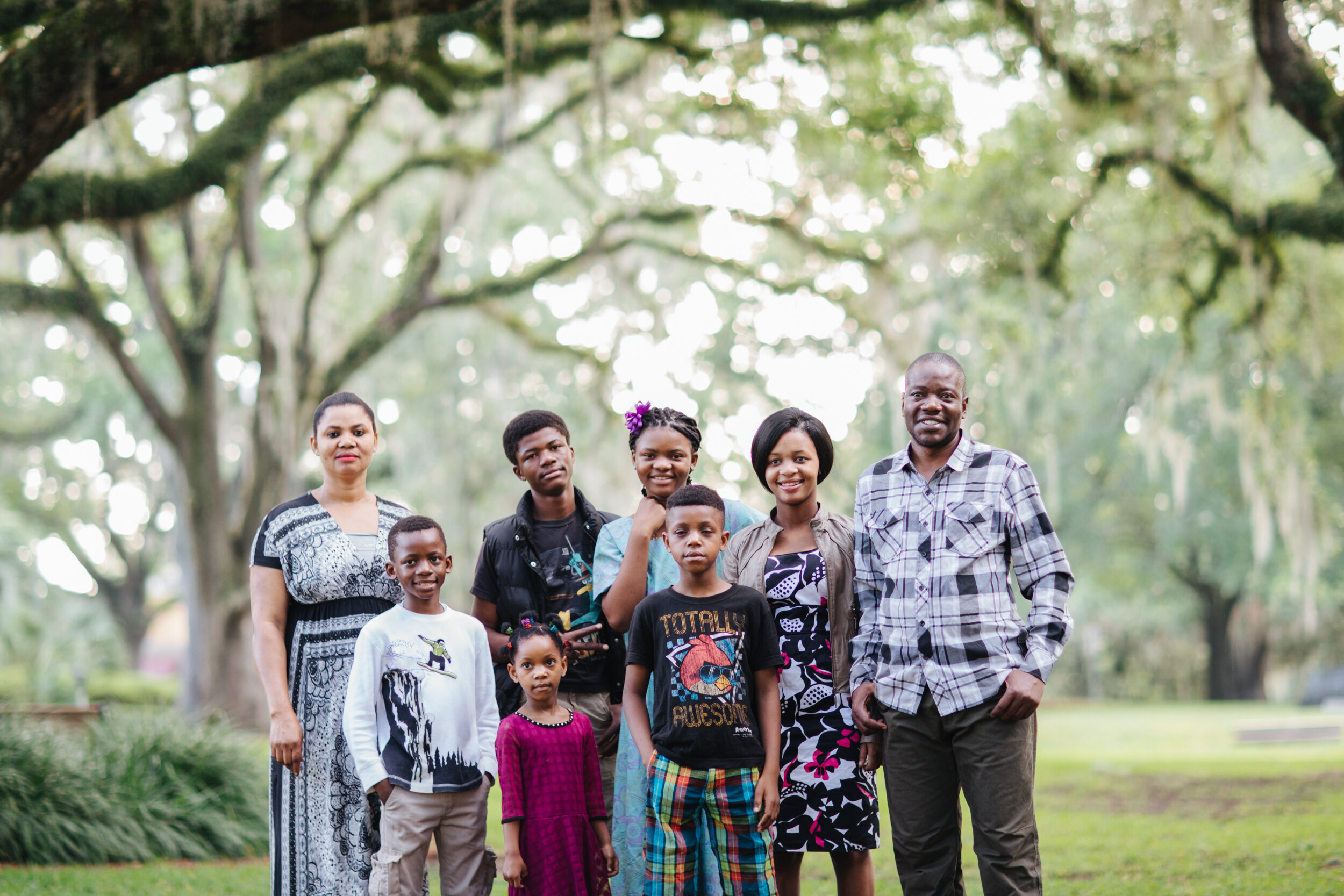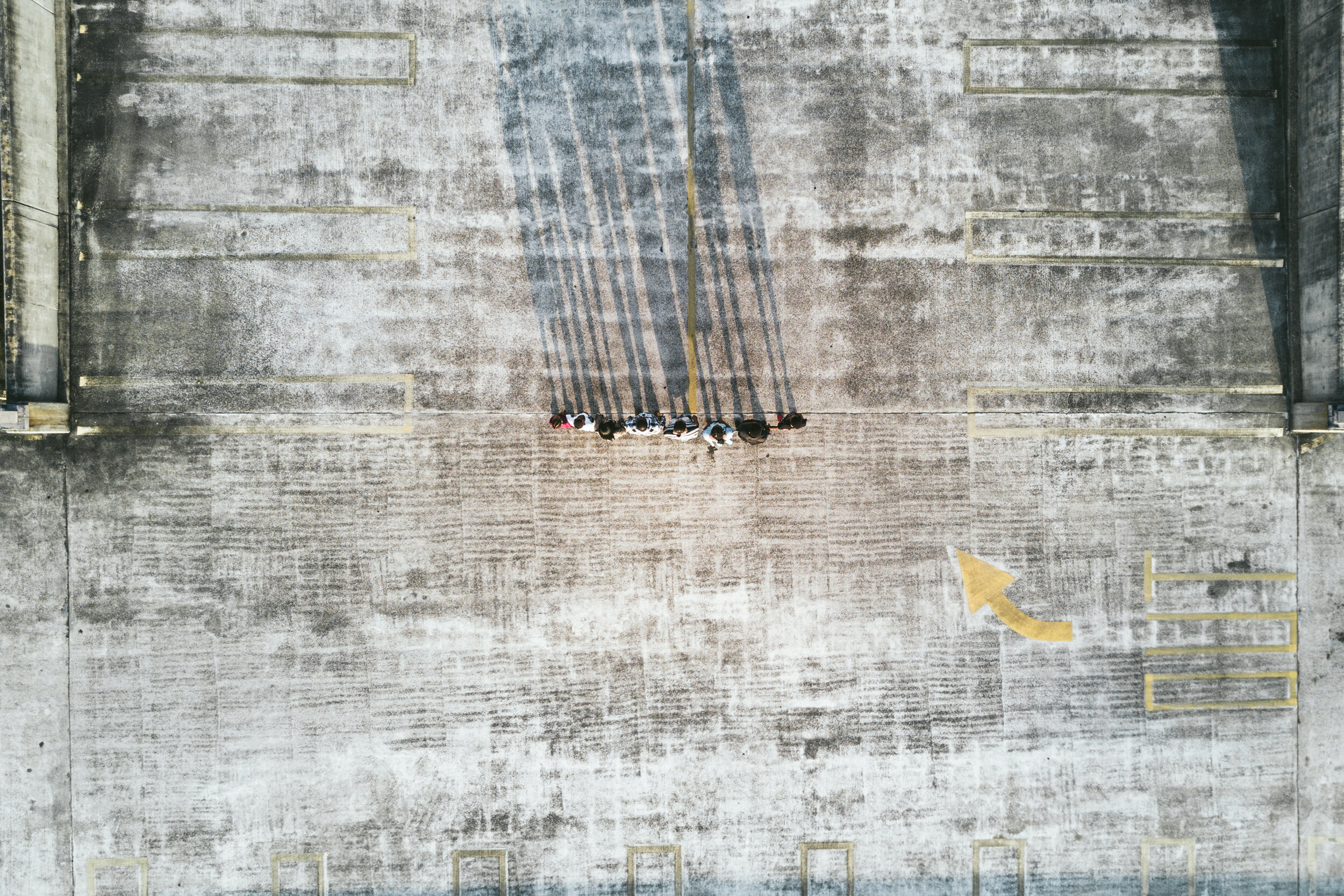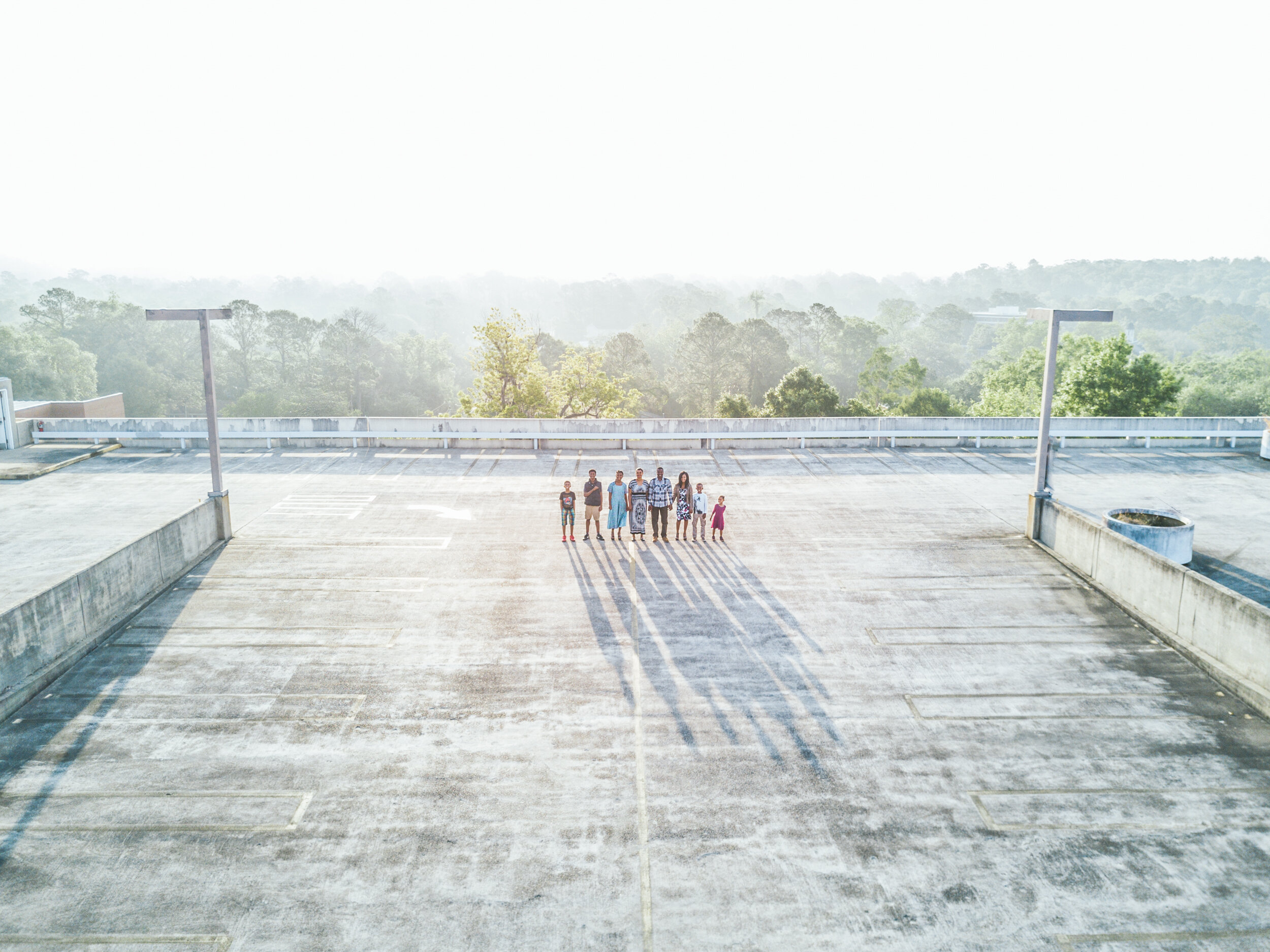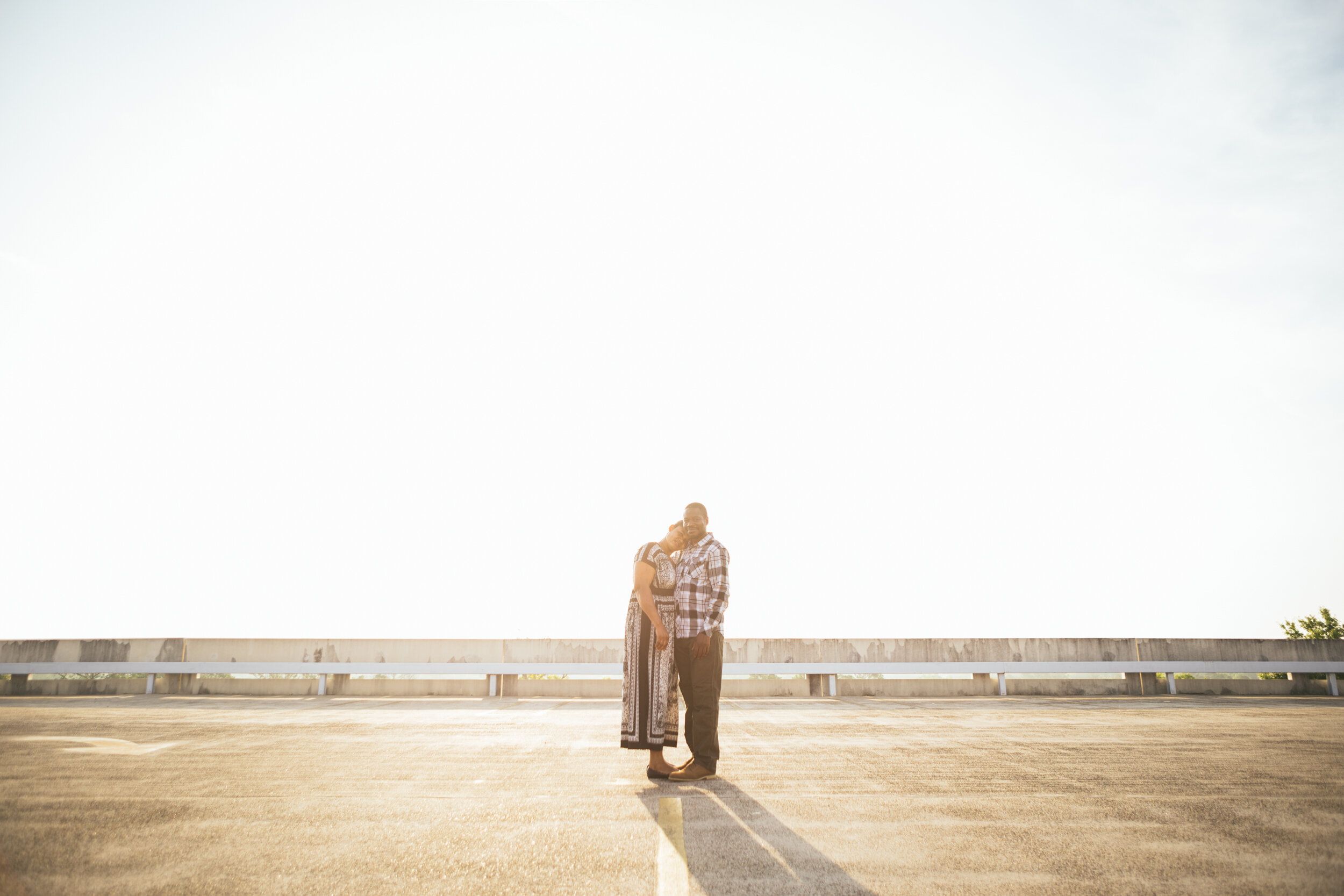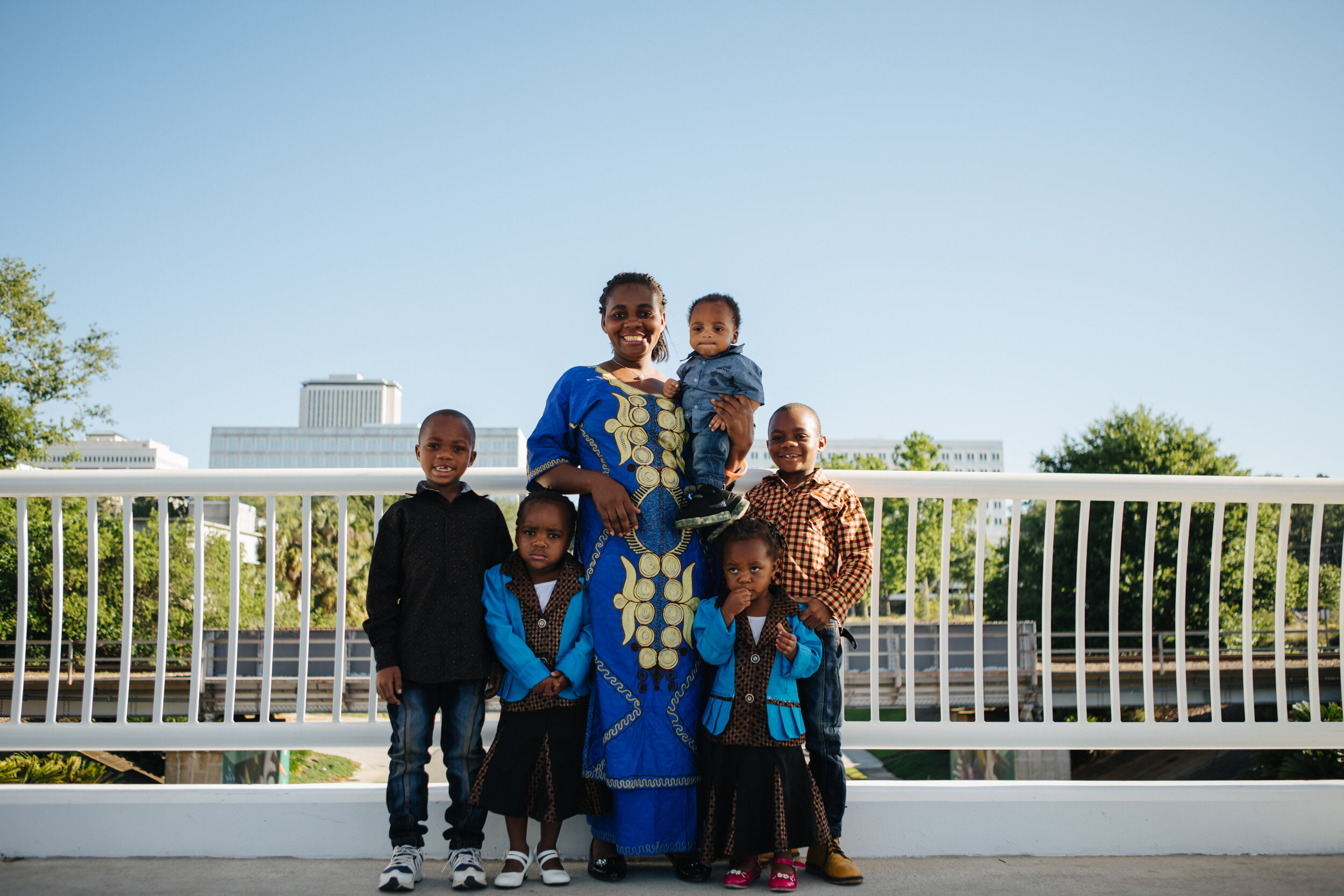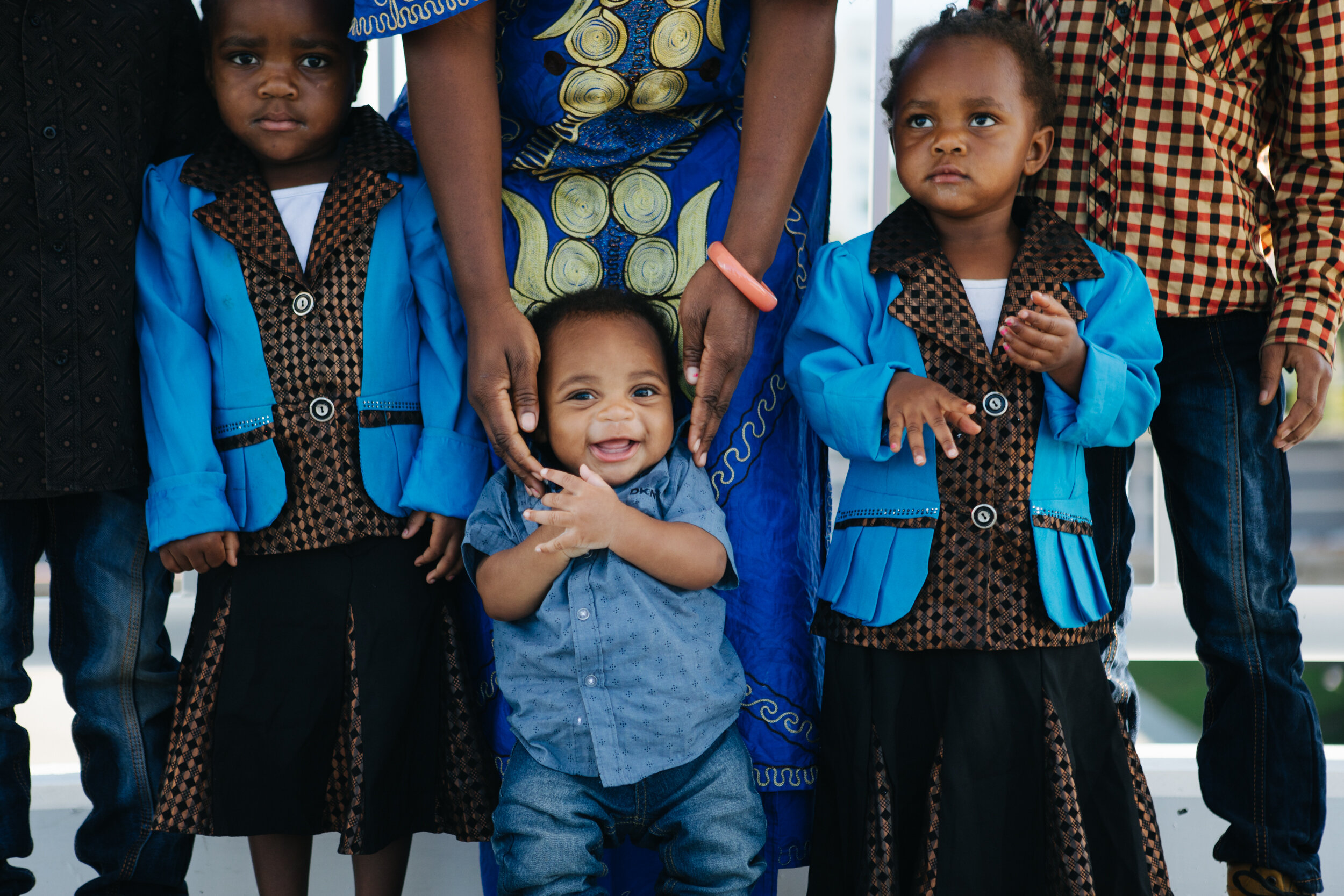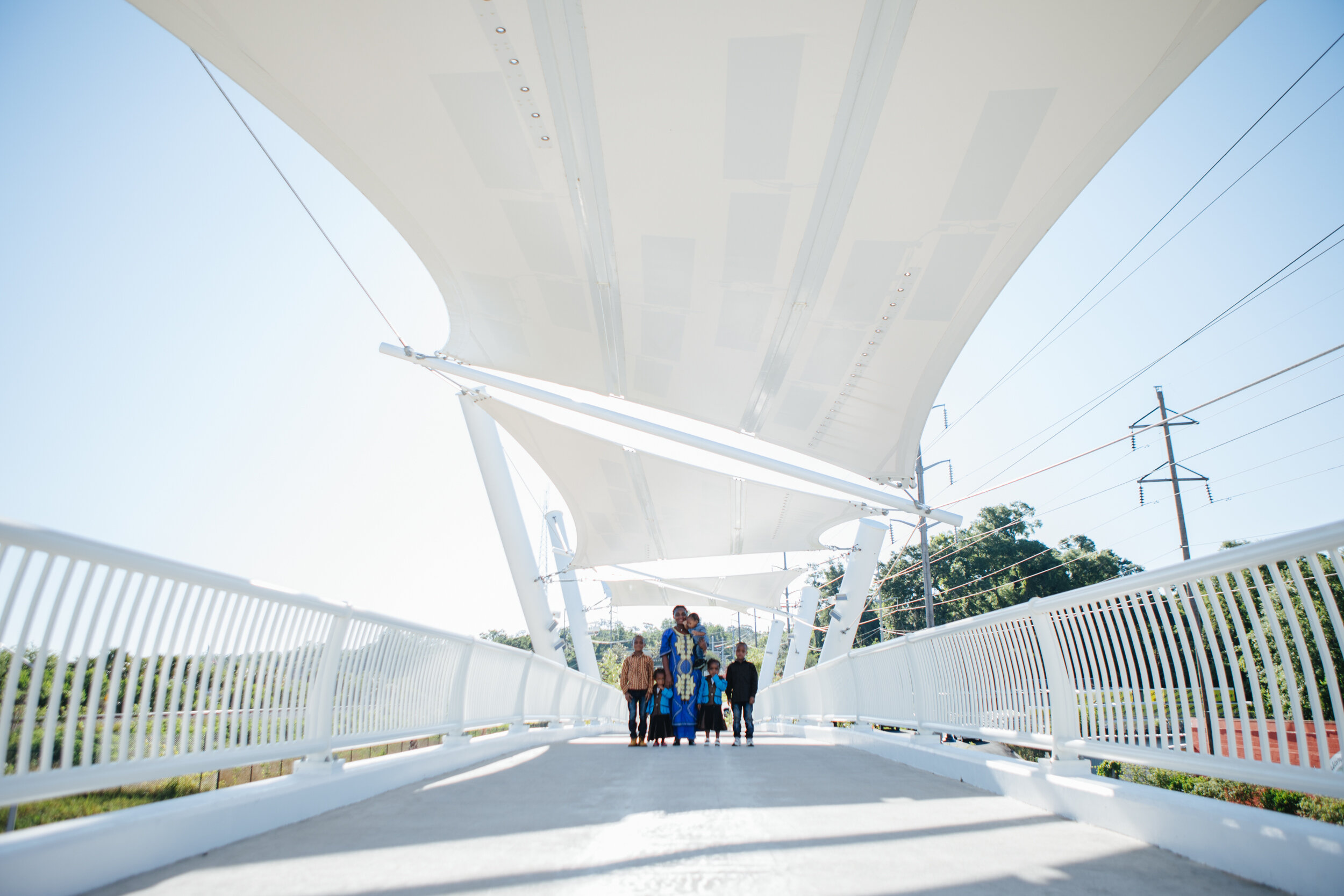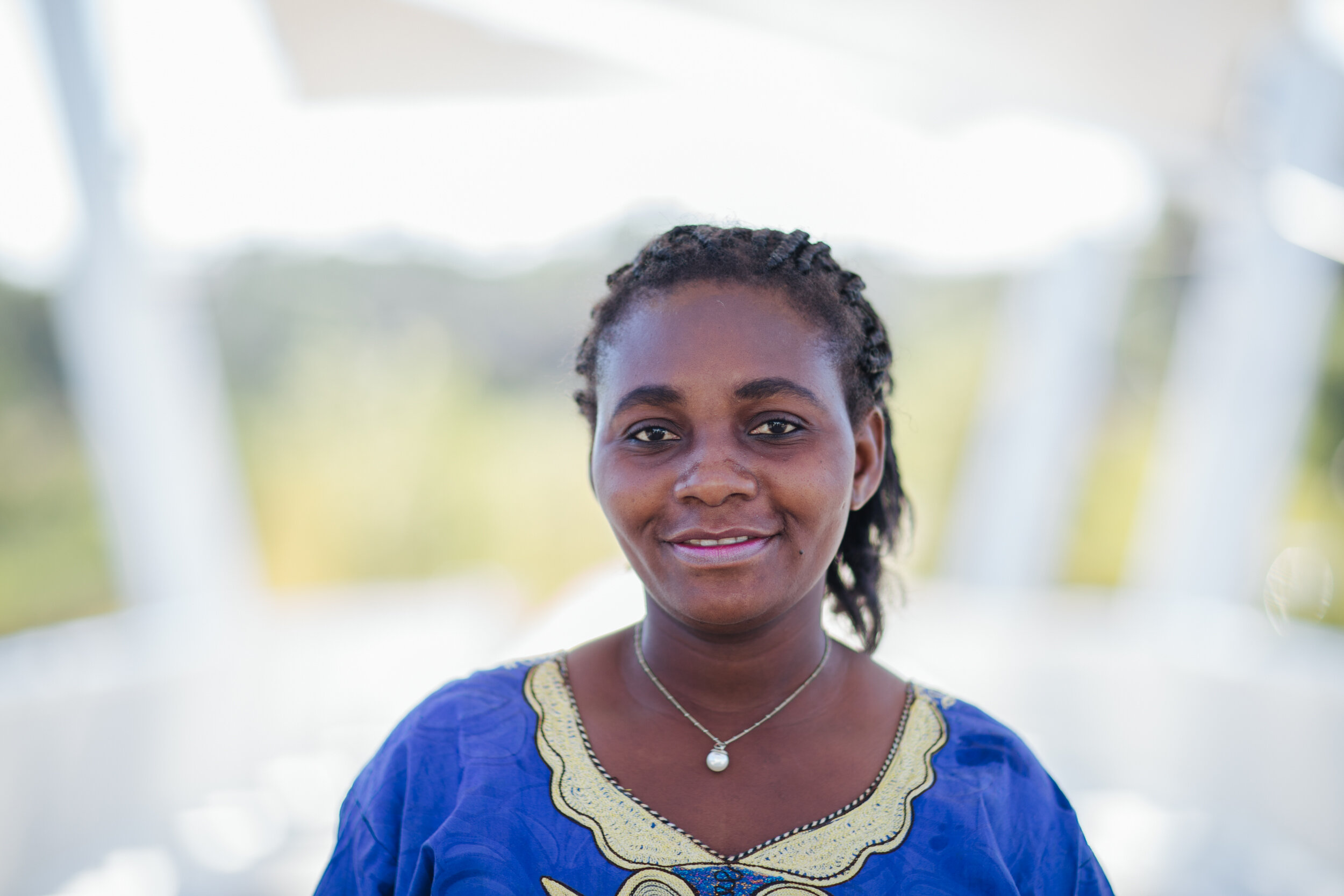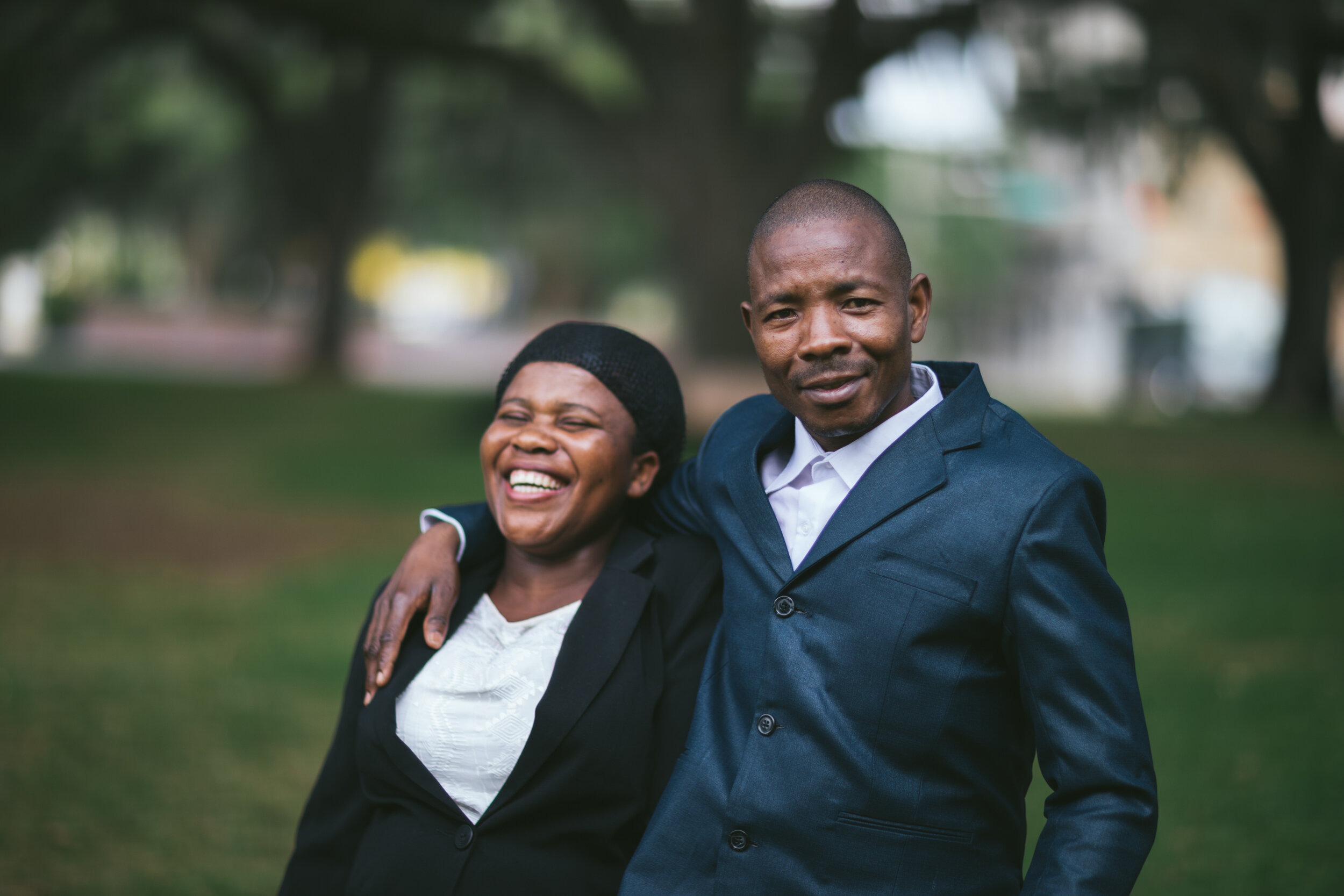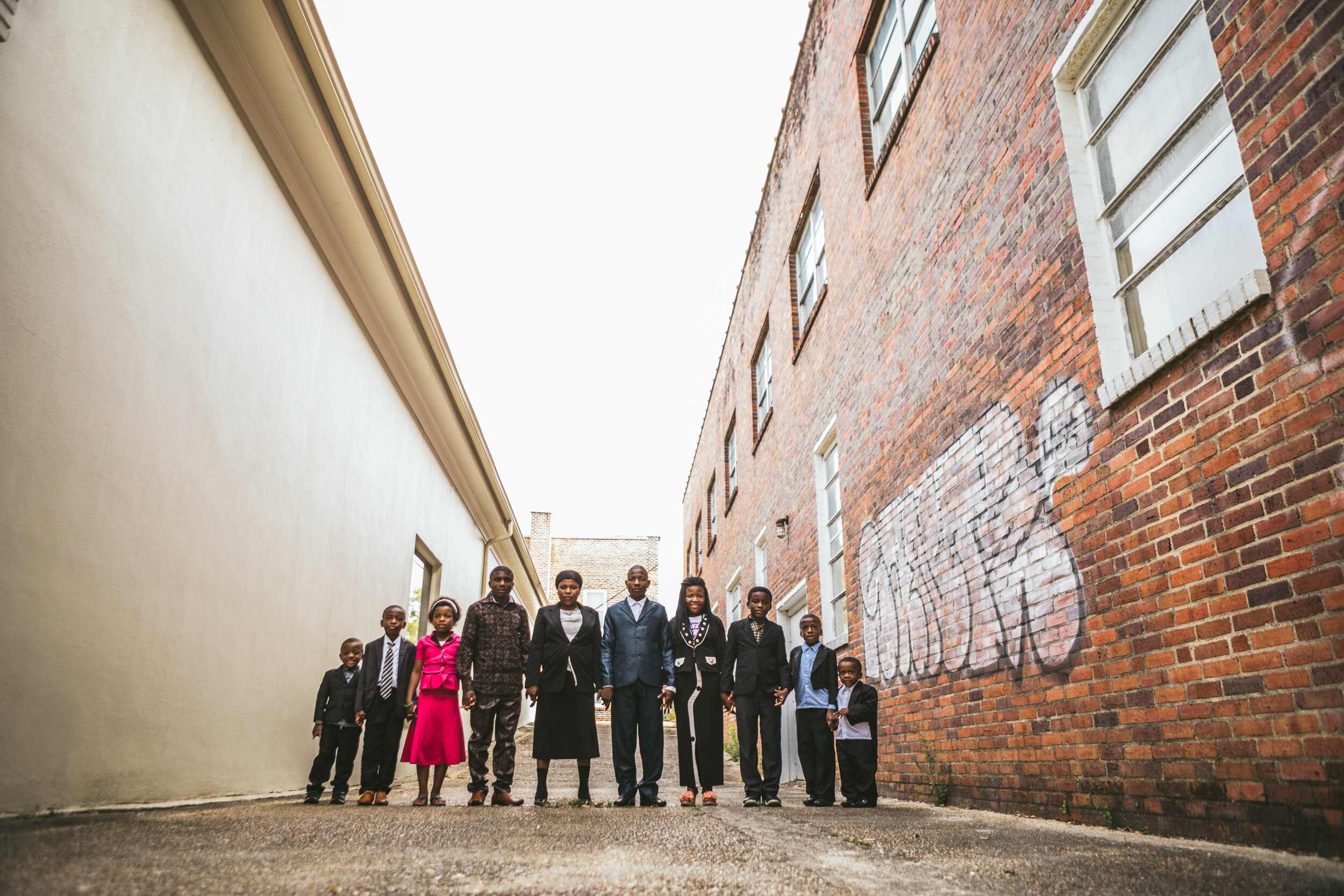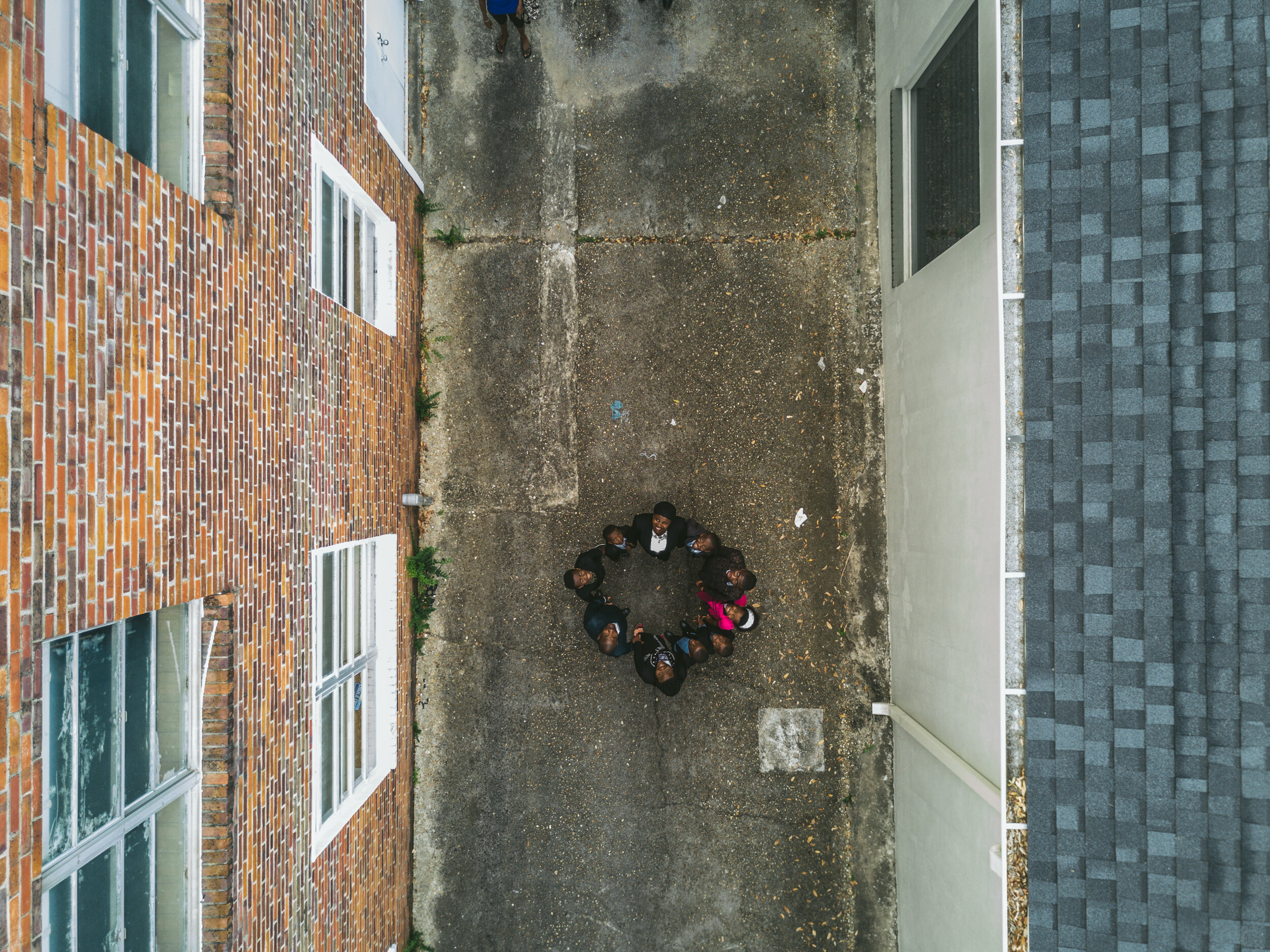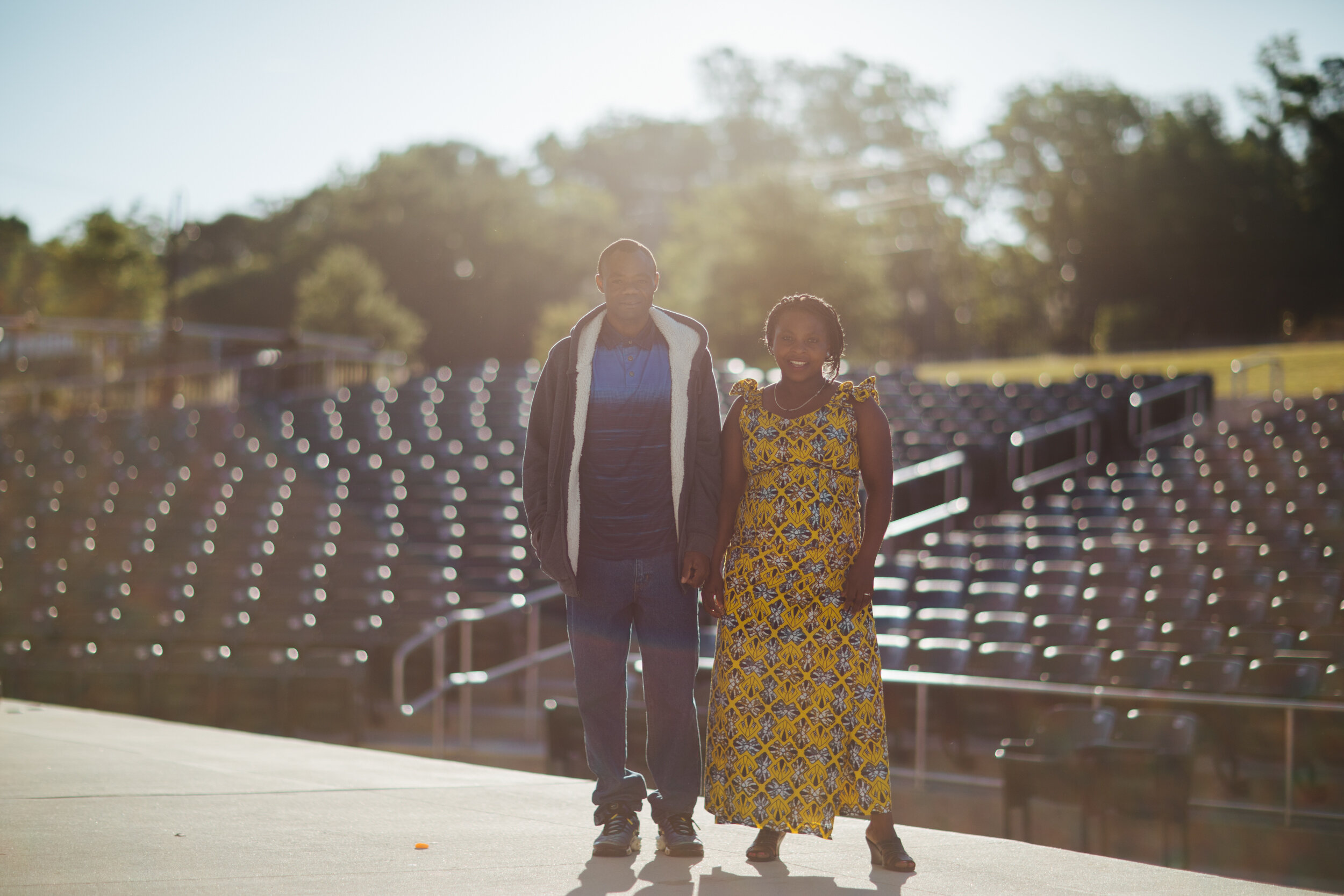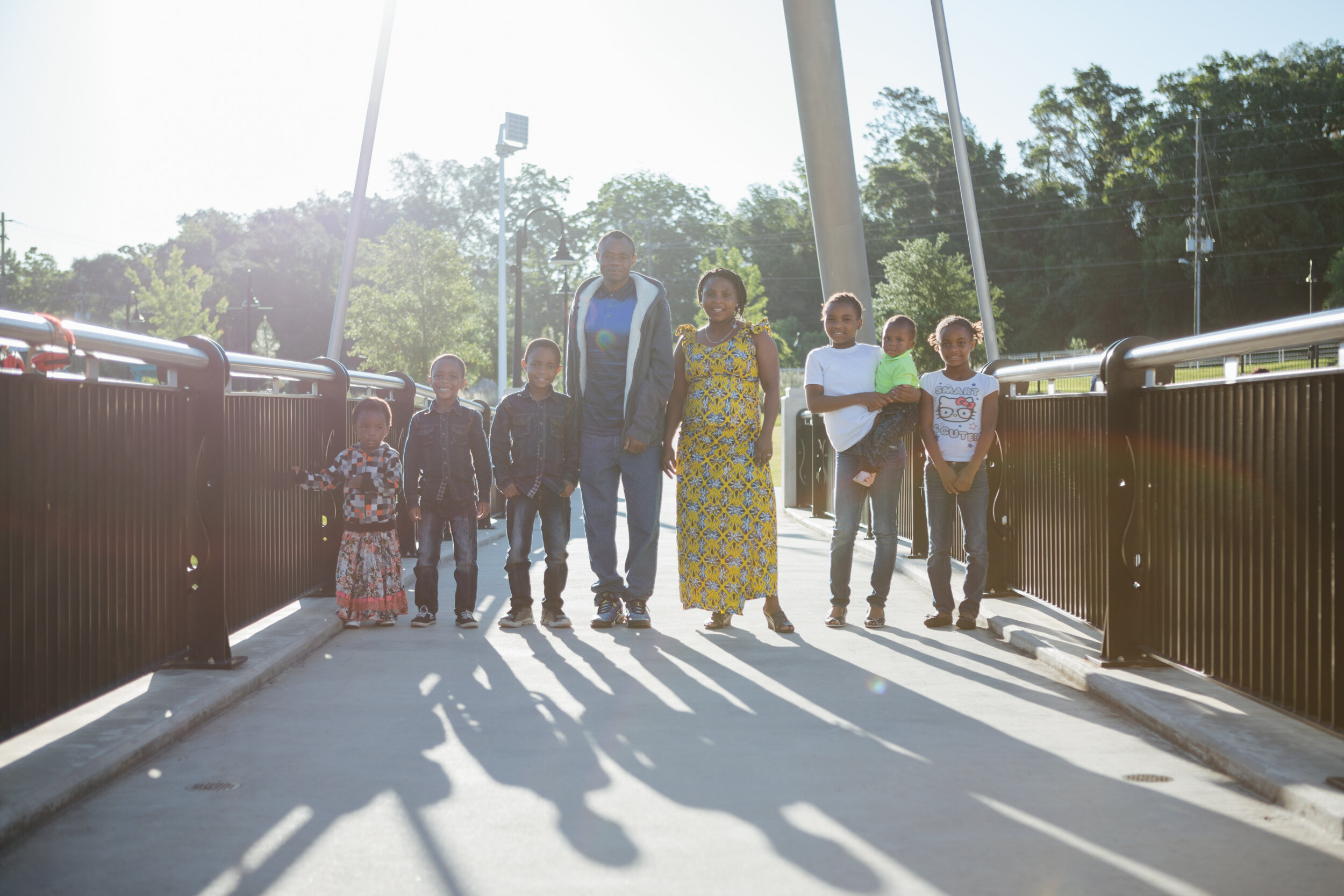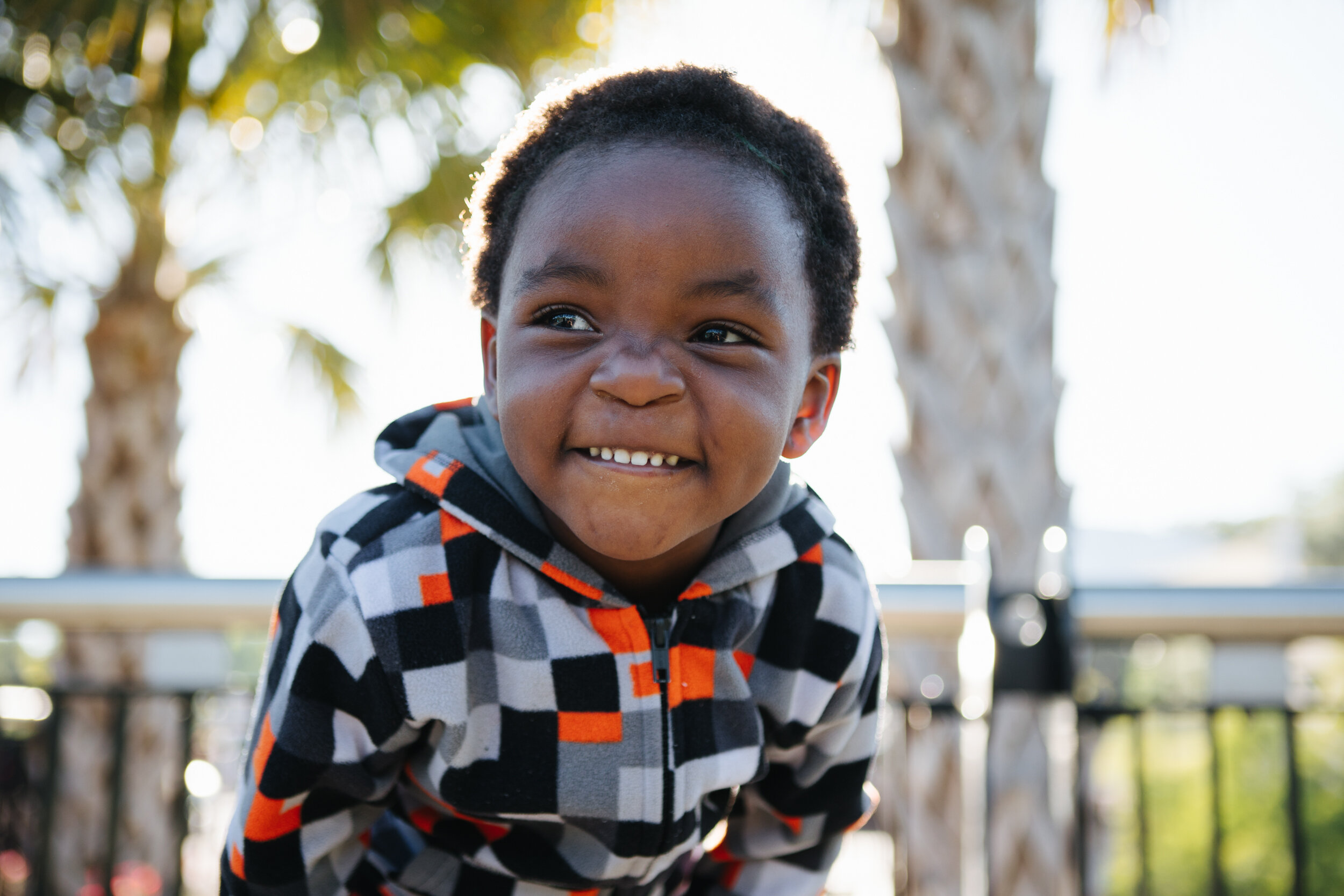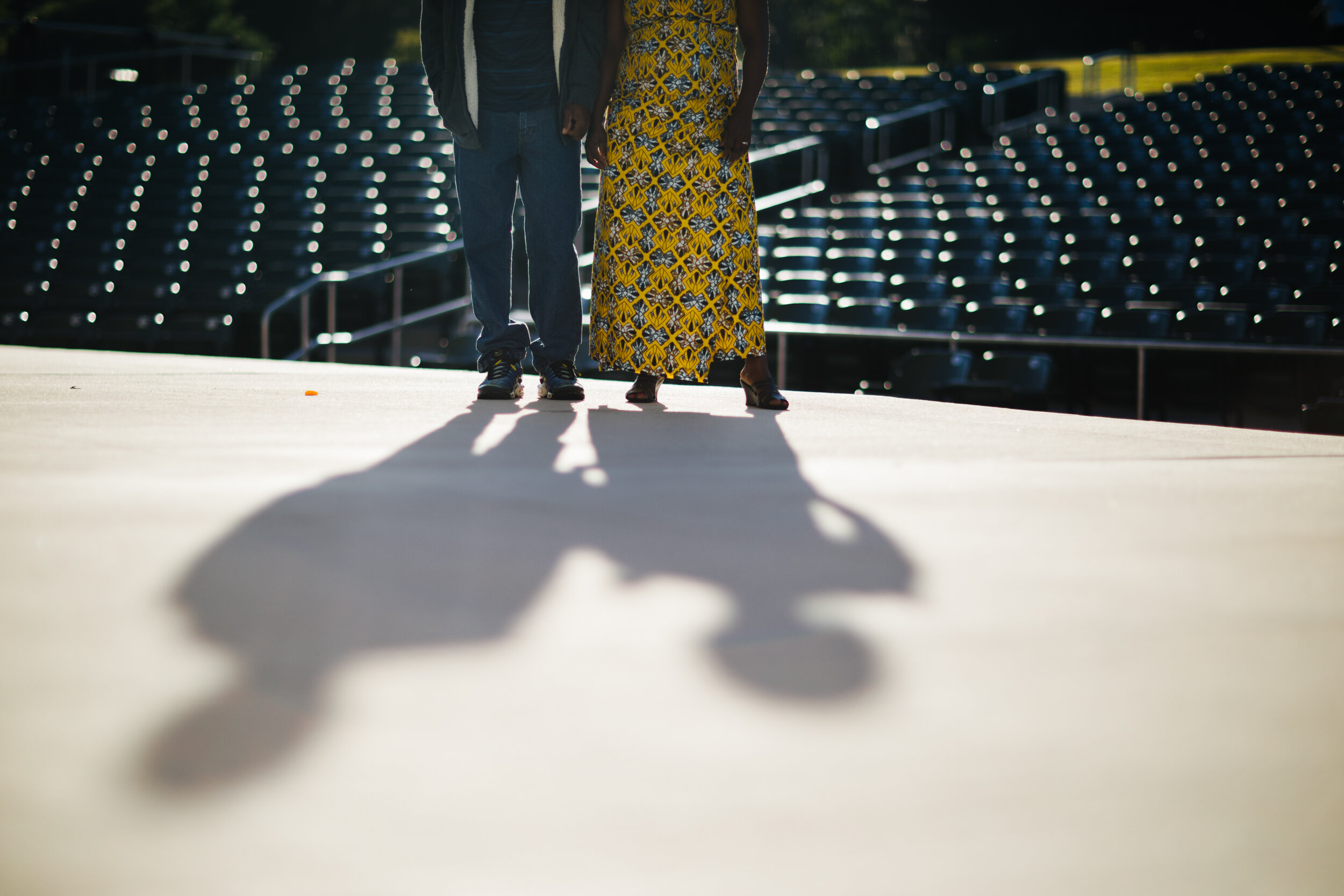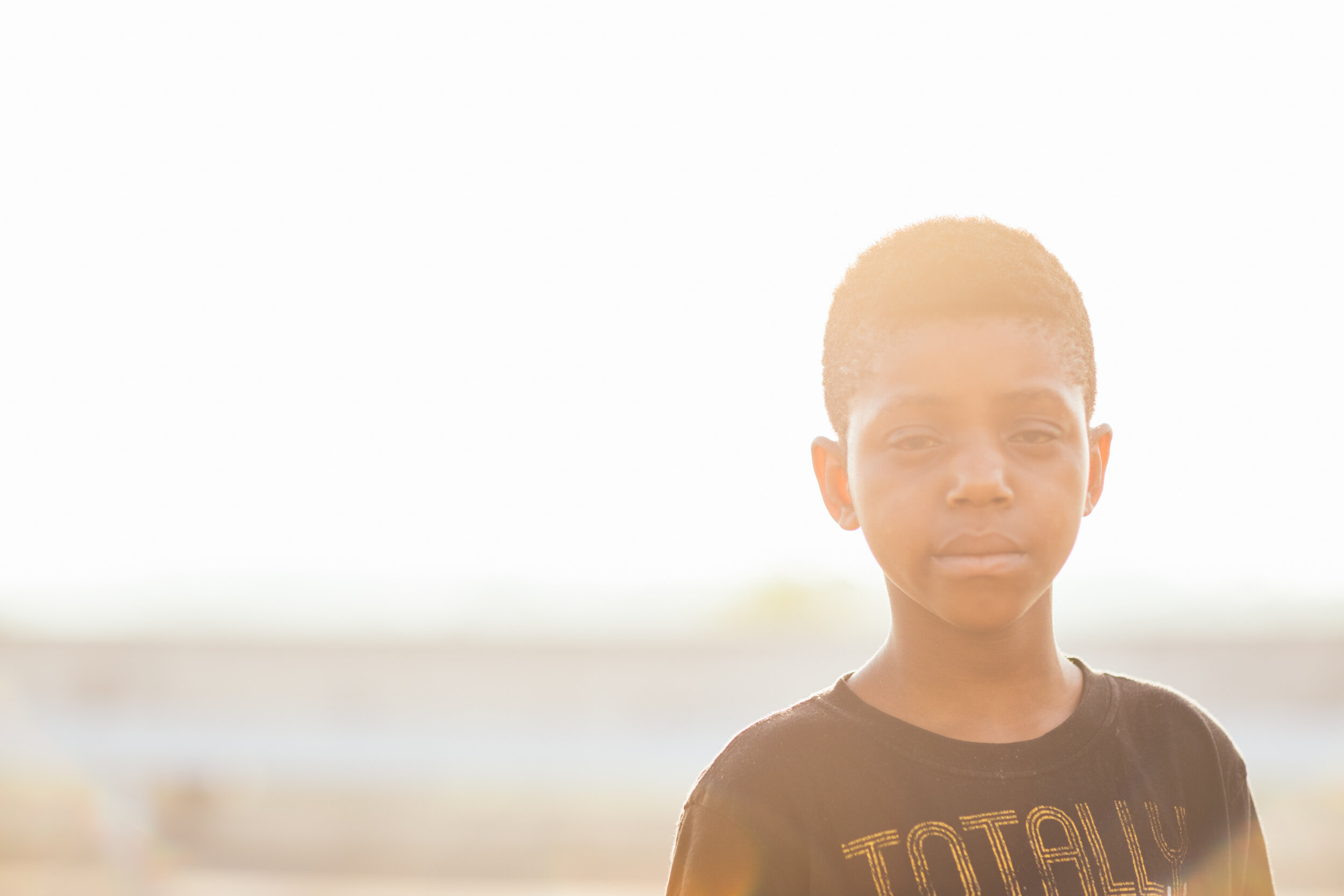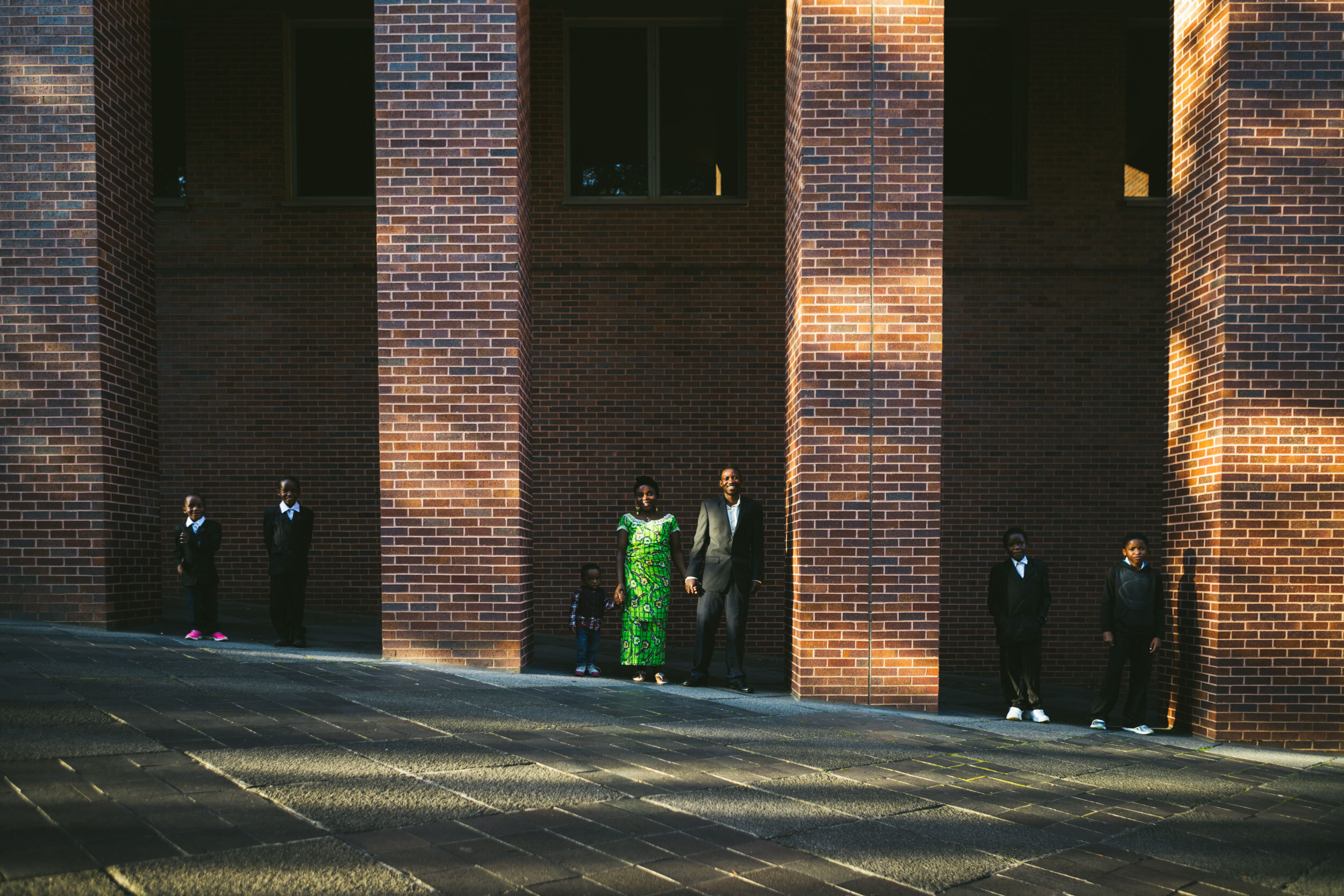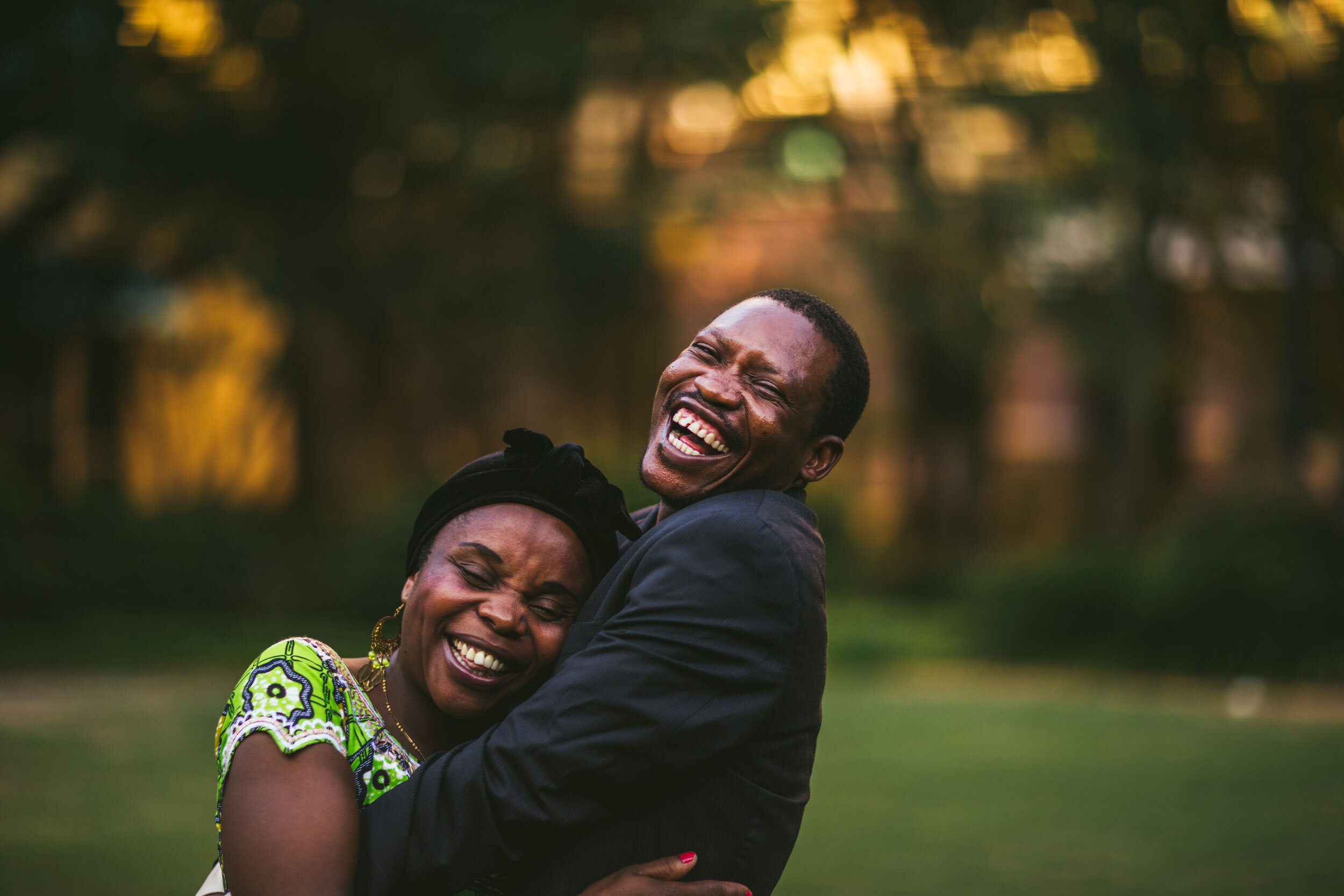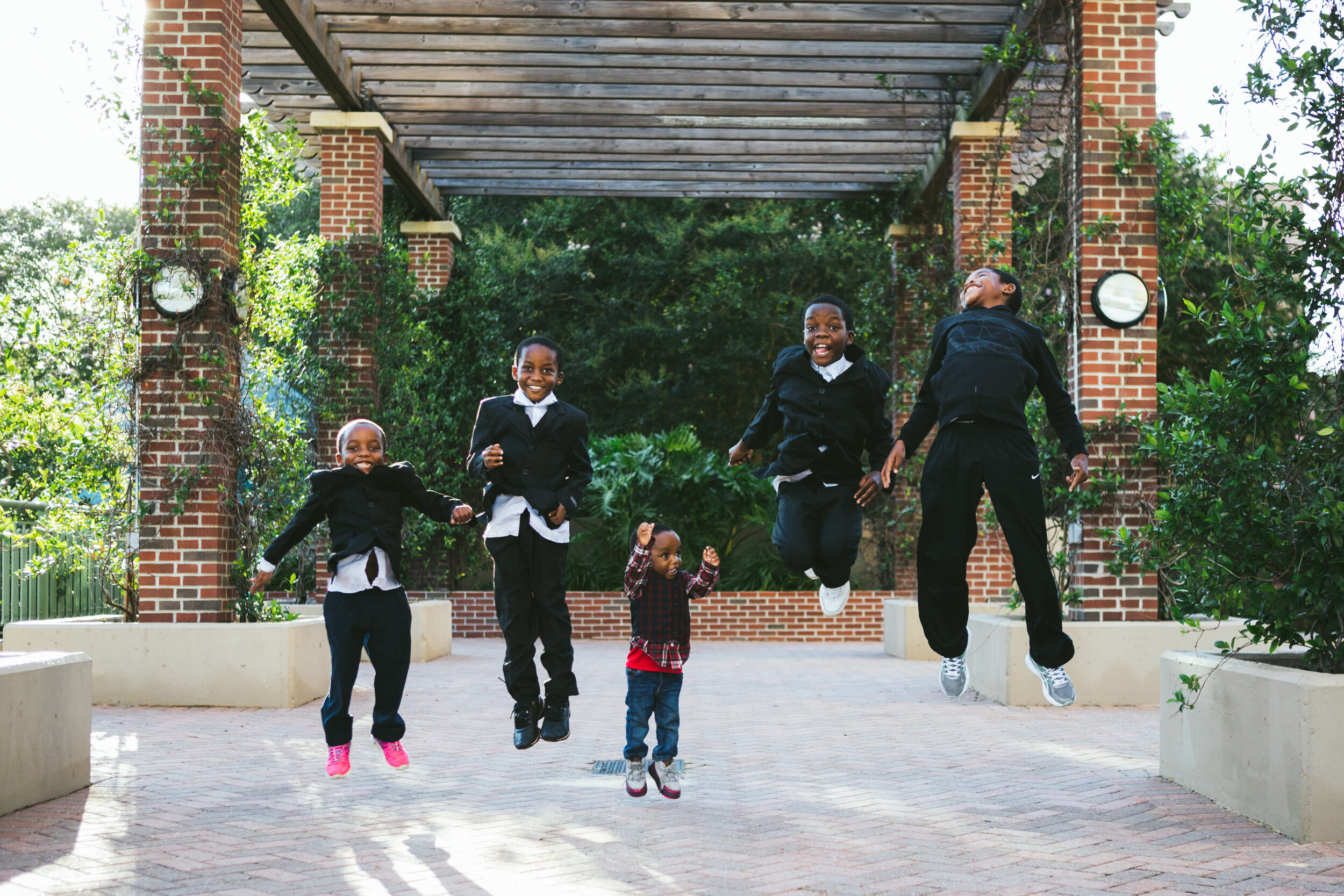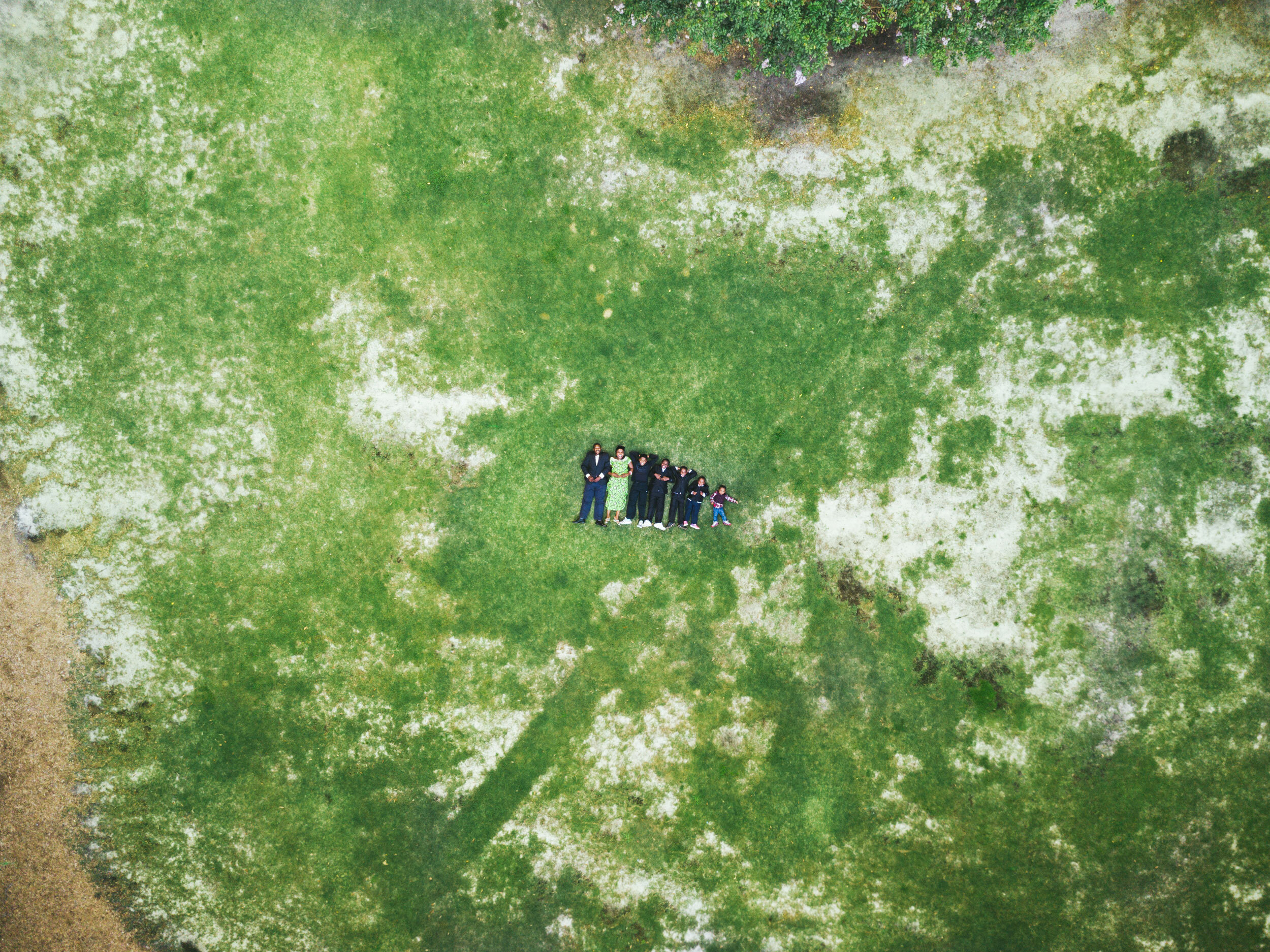Refugees of TLH (Spring 2017)
Often times our love for the masses hampers our love for the individual!
Here is a collection of stories of the families who have had to flee their home country and are now making Tallahassee home.
This is NOT about politics. This is NOT an endorsement of a particular policy, politician or candidate. This is NOT a protest of a particular policy, politician or candidate.
Close to the turn of the century, with conflict rising in a number of African countries, the devastation of war overtook countless villages. Families were forced to flee for their lives. Some, however, have been given a chance to begin again here in Tallahassee.
Over the next few months, I will be documenting the stories of families who now call Tallahassee home. Through the lens of my camera and with the aid of some incredible translators and partners, we will share the stories and the needs of these families with our community.
These are the stories of the “Refugees of TLH.”
Meet Patrick & Nyota
My name is Patrick Pilipili. I am Congolese, a husband, the father of six children, and people tell me I am a very determined man. I have many dreams for my family now that I am in America, but let me first tell you about my life in Africa.
My father came from a large family. He was one of nineteen children. Nearly all of them are doing well even though they are divided between Congo and Tanzania due to war. I have felt the pain of war since I was a child. I had to flee from my country of Congo many times. The most painful loss I have suffered was the death of my brother. While he was escaping from war, his boat capsized and he drowned. I have not seen my other siblings or my parents since 2005.
My wife, Nyota, has not seen her mother since 2002. Nyota has also suffered loss. Two of her sisters passed away many years ago. A boating accident took her sister’s life as she too was escaping war in Congo. Her other sister was taken by malaria. These trials have been very bad, but we are not without hope.
Nyota and I met each other in a refugee camp in Tanzania after I fled Congo a second time. Life in the camp was hard. We were sometimes expected to ration what little food we were given for months, but it was not enough to last. Housing was no better. We lived in a home that was made from wood stakes and mud, with a tarp covered in thatch acting as our roof. This kept the rain out, but the ventilation was not good. It was very problematic and the conditions became unbearable. In 2003, with our two small children, Nyota and I moved to Mozambique, just off the coast of the Indian Ocean.
For 13 years, we lived in Mozambique. There, my wife and I created and began operating two small businesses. I worked in textiles, specializing in women’s clothing while Nyota sold tomatoes and women’s clothing in the market. We were even able to rent an apartment while still getting food donations. Four more of our children were born there.
Just over a year ago, we were told we could leave Mozambique for America. We came to Tallahassee with our six children in May of 2016. I am very happy to be here. It is good. It is hard knowing that our families in Africa still suffer though. Nyota is able to stay in contact with her family via telephone. Many of her family in Tanzania are in need. She has an elderly mother and her brother suffers from serious mental illness. But even though we worry about them, there is hope. One day, we dream of meeting our families here in the United States. If nothing else right now, we want to help them from afar when we can.
When we came to America, I had much hope that we would receive help for our eight-year-old son. He has an eye disease that is very bad and leaves him unable to see well. He is in constant discomfort. He has had problems with his eyes almost since birth, as there was not proper treatment for him in Africa. We have been told he needs to see a specialist in Miami. Nothing can be done without the money to get there though and having such a big family leaves little leftover for savings. Still, we are determined to help my son get better. I am thankful that others have helped us with this. Together, we have been fighting for his sight. We hope to go to Bascom Palmer Eye Institute in Miami this June.
Now that we have been in Tallahassee for a year, my children are in school. I hope one day they will all be able to go to university. I am glad I have two good jobs so I can support my family. I have my drivers license now. I even have a car. I have friends. My life is good. I am thankful to God for these things. In America we have opportunity and we are free. It is a safe place.
“IN AMERICA WE HAVE OPPORTUNITY AND WE ARE FREE.”
-Patrick
Meet Amnazo
My name is Amnazo Kibangura. I was born in Congo. When I was 9 years old, I fled with my family when war broke out there.
A refugee camp in Tanzania became the place we stayed for the next 20 years, but I wanted to go back home to Congo. Our struggles were many in the camp. Two of my siblings died. There were not many jobs and starvation was common. Soap donations were given to us, which we were able to trade for extra food. We were also able to find work here and there on farms, but it was not consistent. The money we made was used to buy fish and flour, but it was never enough. We often had to look for cassava to manually grind into flour for food. It is not common here in Tallahassee, but it is like a sweet potato. Cassava is what kept us from starving.
For shelter, we were given tents to live in. In Tanzania, the nights were cold. We had a few blankets to keep warm, but we had to make fires in our tents for heat. There was no way for all the smoke to get out. There was also not much room in our tents and the blankets would sometimes catch fire. I was burned one night when my blanket caught fire. If it were not for the person I was sharing the blanket with, these scars on my wrist could have been much worse.
While living in the refugee camp, I always kept thinking I would be able to go back to Congo, but it was never safe. Then one day, I found my name on a list for people going to America. I became worried as I thought my pregnancy would prevent me from being able to go. After a lot of questioning and a medical exam, I was relieved to find out my pregnancy was not an issue. Before leaving for the United States, I also had to explain why I was in Kigoma. Kigoma was the town in Tanzania where I lived. I had to answer many questions and things before they told me I was allowed to go to America. When I found out I was going to Tallahassee in Florida, I felt good because I knew Florida had a warm climate and I like that. I arrived in August of 2016, with my then 4 children. Now that I am here, I don’t know if I will ever see my family again. My father is very sick. I don’t know about my mother or my brothers and sisters. I know they have children now. I hope I will see them again.
My name means, “We have nothing.” This is not who I am. I have suffered, but I have found peace because of God. I am excited to come out of my suffering to a more hopeful place. I am looking for work. It is hard because I have so many little children, but people are helping me to find childcare. The people I know in Tallahassee have been supportive to me. One day very soon I will work and make money to support my family. I will learn to drive and take my kids places. I am looking forward to the future I want to make for my 5 children. They already have a better life here. My baby gives me hope too. He was born here and is an American. He has not known suffering like I have. We all have a good life in Tallahassee and I am grateful.
“MY NAME MEANS, “WE HAVE NOTHING.” THIS IS NOT WHO I AM.”
-Amnazo
Meet Kasongo & Fazili
My name is Kasongo Kaneke. I am Congolese. I am married to my wife, Fazili. We have 8 children.
Before war, my wife and I made a life for ourselves in Congo. We had a small business where I sold oil to restaurants and neighbors after buying it wholesale. Fazili, when her health was good, sold bananas and nuts and french fries she made on the side of the road. This was our work in our home of Congo. But then war came and everything changed.
When war broke out, we had to flee very quickly. We never had time to collect our things or even say goodbye to the people we loved. Almost all of our family members were later killed. After fleeing from Congo, we lived in a refugee camp in Tanzania. In the beginning we longed for home, but knew we would probably never be able to return. Once we realized that, because Congo remained so unsafe, we decided to embrace our new life in the camp. This did not come easily because we were faced with many challenges. We had all 8 of our children in Tanzania. Having family in a refugee camp is hard. We oftentimes did not have shoes. We were given tools and a few cut trees to build a small house for ourselves. We had small food rations that were not enough for us. We needed money to purchase a mill to make corn flour. That would have been good. It was a constant struggle to feed everyone. When we were able to find work on farms in Tanzania, we at least had a little money for vegetables. When we could get them, we ate peas, corn, beans, and lentils mostly.
In Tanzania, we were involved in the Christian church. We helped establish a church there. I even brought the church handbook with me to America. Fazili liked to sing. The church was where we found community. Our friends and God helped us so much in our struggles. We knew God heard every one of our prayers.
When we were at the camp, we knew we might get to leave to live somewhere safe. We told God we wanted to go where He needed us, but we hoped for the United States. After 20 years of living in the refugee camp, we were told we would soon be headed to America. With our 8 children, we were so grateful to begin the journey to our new home.
In the fall of 2016, after many questions from the government and meetings, we arrived in Tallahassee, Florida. We had so much hope and many dreams for our new life in Tallahassee. We looked forward to our kids being in school and having insurance for them. The schools in Tallahassee are better than in Tanzania. We are hopeful that our children will do better and better, as they learn more English. When we arrived here, I remember we were concerned about not having a church home. But we have one now. I have two good jobs and my oldest son is looking for work. Fazili has a job too. I am studying to get my driving permit. I am learning more English. One day we want to own our own house. We also hope to reunite with the few family members we left behind in Tanzania and Fazili’s brother in Zimbabwe. We love Tallahassee and are thankful for our life here. We are so grateful for the people we have met here and the love they give to us. Tallahassee is home now.
“ONE DAY WE WANT TO OWN OUR OWN HOUSE. WE ALSO HOPE TO REUNITE WITH THE FEW FAMILY MEMBERS WE LEFT BEHIND IN TANZANIA”
-Kasongo
Meet Kilozo & Nayenge
My name is Kilozo wa Kilozo. I come from Congo, but I have not been there since I was a boy. When I was 13 years old, I was forced to run away from my home. War broke out at night. I ran with only the clothes on my back and my younger brother and sister following close behind. My parents did not survive. I watched people die. I cannot forget that. It haunts me.
When we were fleeing we took a boat, but it couldn’t get us across the water safely. We were stuck for one week, unable to go anywhere. I had no money. Then a good Samaritan took me where I needed to go. I remember there were goats with us. I was so young, but God took care of me and I am so grateful for the person who helped me.
After leaving Congo, I spent the next 20 years living in a refugee camp in Tanzania, but I could not call it home. It was impossible to compare it to all I left behind in Congo. Still, I found some happiness. In Congo, sometimes men have more than one wife like my father. My mother was the younger wife. She was unable to escape the war. But my stepmother was able to flee and I found her at the refugee camp in Tanzania. She raised us with great love and care. She was my guide. It was so good to see her in Tanzania.
In the refugee camp I also met, Nayenge, my wife. She also had to flee from Congo. In the middle of the night, as she was sharing a bed with her grandmother, they heard people coming and had to run. Her parents, who were in the next room, were killed before her eyes. We both have seen terrible things. But it was good for us to meet and get married.
When we were in the refugee camp it was hard for us to find enough food. The monthly donations brought to us were not enough and we had to find other ways to make ends meet. We were able to lease land for farming. This was good because we grew enough food to eat and sell. I was also a tailor and did some brick masonry. This work provided for us so we could marry, care for my stepmother, and later feed our 6 children.
When I was in Tanzania, I accepted what my life was there. I believed I would die there. But one day I found my name, as well as Nayenge’s and the names of my children posted on a list for America. We had to answer so many questions and see doctors. Then we left for Tallahassee in the fall of 2016. We have been in Tallahassee for many months. I am so thankful to be here… for my church and the government. I never thought I would be loved and cared for by others in America. I like Tallahassee better than Tanzania. When I came here I dreamed of having a good job to support my family. Now I have two. I hoped my children would go to school. They just finished their first school year in Tallahassee. I dreamed of learning English. I am still working hard on that. I hoped to put down roots and have friends. I have found community here. We are like a family. When I left I also hoped that my stepmom and my brother could come to Tallahassee. I am still hoping for that. But I have embraced the new beginning God has given me. Shortly after I got here, I decided to leave Congo and Tanzania behind and focus on my new life in Tallahassee. I am glad I did.
“I HOPED TO PUT DOWN ROOTS AND HAVE FRIENDS. I HAVE FOUND COMMUNITY HERE.”
-Kilozo
Meet Kibonge
- as told by his father, Patrick
My son, Kibonge, is 8 years old. He was born in Mozambique. He is the second youngest of our 6 children. Kibonge has a very bad eye disease. He has had trouble almost since he was born. He cannot see well. He has discomfort and sometimes pain. It has been a very big struggle for us especially since he is so young. To see your child in pain is very hard. Sometimes Kibonge cannot see at all. We have to feed him when his condition is really bad because he is unable to see the food he is eating. He struggles in school. For my boy, I cry. I pray to God to heal him.
We hope to go to Miami later this week so Kibonge can see a doctor at the hospital there. I would like to have good news especially since this past week was very hard for me. I am working two jobs everyday. I am grateful for the work, but I find I have no time anymore. My work is very good, but my wife needs a job too so we can pay our bills. They are very high. We are trying hard to support our family, but I am growing weary. I pray to God that the doctors in Miami will encourage us. That would help my spirits. Right now, we need to raise money to help us get to Miami. Our friends have been raising money for us for many weeks, but we still do not have enough. We need $1750 to get to Miami. This will pay for a hotel, gas, and food for me and my son and our other friends who will drive us to Miami and help us at the hospital. We also may need new medication to help Kibonge get better. We pray for this money to come. My son needs help and I do not want his eyes to have more damage. I pray to God to help us.
I am thankful for our friends in Tallahassee who have helped us for many months with our struggle. They do this because they have the love of God inside their hearts. Our help comes from God. It is up to God to bring help to my boy through our friends and the doctors. I am thankful that Kibonge has been able to meet with an eye doctor here in Tallahassee regularly. My son has been a little better since he started seeing him. He diagnosed Kibonge with vernal keratoconjunctivitis. His eyes are very inflamed. Sometimes they look like they are on fire. The inflammation has hurt both of his eyes very badly. He now has scar tissue caused by the disease. The doctor here was the one who made the appointment for us at Bascom Palmer Eye Institute in Miami on Friday. It is the best eye hospital. He said my son’s eye disease is very advanced. He has never seen a case so bad. I am glad Kibonge will get the best care in Miami. If we do not get more help for him, I fear he will become blind. I know if we do not find a way to help him more, his vision will become worse and worse. Then he will always have trouble seeing. He already has permanent damage to both eyes. I am grateful for this opportunity at the hospital in Miami. One day, I hope Kibonge will be made well. That is up to God. I pray that He will give us that day soon.
ONE DAY, I HOPE KIBONGE WILL BE MADE WELL.
-Partick
Meet Sifa & Innocent
My name is Sifa Pasi, but most of my friends call me Pasi. “Sifa” means praise. This is very fitting because I was born during Easter. “Pasi” means iron box. My friend thinks this suits me because I am the mother of 5 boys.
I was born in Congo. I grew up there and married my husband, Innocent. One day came where we had to run away from our home very quickly. We ran with our two sons. War had come. We were forced to flee to save our lives. We had no time to say goodbye to anyone. We only had the clothes on our backs and each other. The war destroyed our homeland. I lost many family members, almost everyone. Innocent lost even more of his family. Both of our fathers were killed. I saw my sister murdered.
For the next 7 years after that, we lived in a refugee camp in Uganda. Life was better there. We made it home. We were given two acres of land where we grew things like potatoes, onions, and cabbage. We made money by selling the harvest. Peas, corn, and beans were the things we mostly ate. We were also given oil and sugar. Eventually, we were provided with shoes and an education. What we did not receive in donations, we were able to purchase using the money we earned from our garden. Life was difficult, but we worked hard.
After awhile, we were interviewed to see if we could go to America. My pregnancies kept delaying us. After years of waiting and having three more sons, we were finally told we were going to Tallahassee in America. My husband and I had never heard of Tallahassee or Florida, but we were happy to be going there. I remember, on our way to Tallahassee I dreamed of what my life was going to look like. I wanted to learn English and send my children to school. I was ready for my new life with Innocent and our five boys in Tallahassee. Innocent hoped for a job so he could support us. We both dreamed of having a good life. After waiting all that time to come here, I praise God for answering my prayers.
Now that we have been here for some time, my dreams have come true. I am learning English. Innocent and my boys are too. Our older boys go to school. Innocent is even trying to get his drivers license. So many people have been helping him learn to drive. We have recently been able to buy a car that will help us once Innocent gets his license. We work hard at our jobs. We have a church. It is one of our favorite things about Tallahassee. We have met other people from Africa who are our friends. We have American friends too. We would like to do things in Tallahassee, especially go to the beach. Innocent wants to learn about the food here and what the dishes are called. We have a good life here and we are thankful. I feel so much freedom and that our suffering has finally ended.
“I FEEL SO MUCH FREEDOM AND THAT OUR SUFFERING HAS FINALLY ENDED.”
-Sifa
ABOUT THE PROJECT
This is NOT about politics. This is NOT an endorsement of a particular policy, politician or candidate. This is NOT a protest of a particular policy, politician or candidate. This is about people.
I am Alex Workman. I am a photographer and storyteller living in Tallahassee, FL.
Close to the turn of the century, with conflict rising in a number of African countries, the devastation of war overtook countless villages. Families were forced to flee for their lives. With nothing but the clothes on their backs, they escaped unspeakable horrors, only to find themselves in refugee camps facing starvation and disease. Millions have died since war first broke out, yet some have been given a chance to begin again here in Tallahassee.
A few months ago, there was a march at the Capitol in response to an executive order concerning refugees in the United States. I saw so many people flood media outlets and share their feelings and frustrations. While everyone has the right to freedom of speech, I kept thinking about how often our love for the masses often hampers our love for the individual. People take to the internet to share frustration and bring awareness, but how often do people actually help?
After being a part of Nashville-based photographer Jeremy Cowart’s #VoicesofGburg Project, I wanted to take Jeremy’s challenge and think of different ways that people can be creative in helping those who have been affected by disasters.
Over the next few months, I will be documenting the stories of families who have fled for their lives and now call Tallahassee home. Through the lens of my camera and with the aid of some incredible translators and partners, we will share the stories and the needs of these families with our community. I can’t wait to help share those stories with you.
These are the stories of the “Refugees of TLH.”
THANKS
Jen Stewart — Producer/Logistical Genius
Chelsea Workman — Photographer/Filmmaker
Garron Workman — Photo/Film Assistant
Freddy Branham — Advisor
Cynthia Chelelgo — Translator/Transportation
Jessica Coogan — Transportation
Kendra Hall — Transportation
Amber Kearney — Transportation
Lucy Ngatia — Translator
Emily Stetzer — Transportation
Craig Stewart — Logistics
Lynne Takacs — Transportation
Caitlin Tidwell — Transportation

